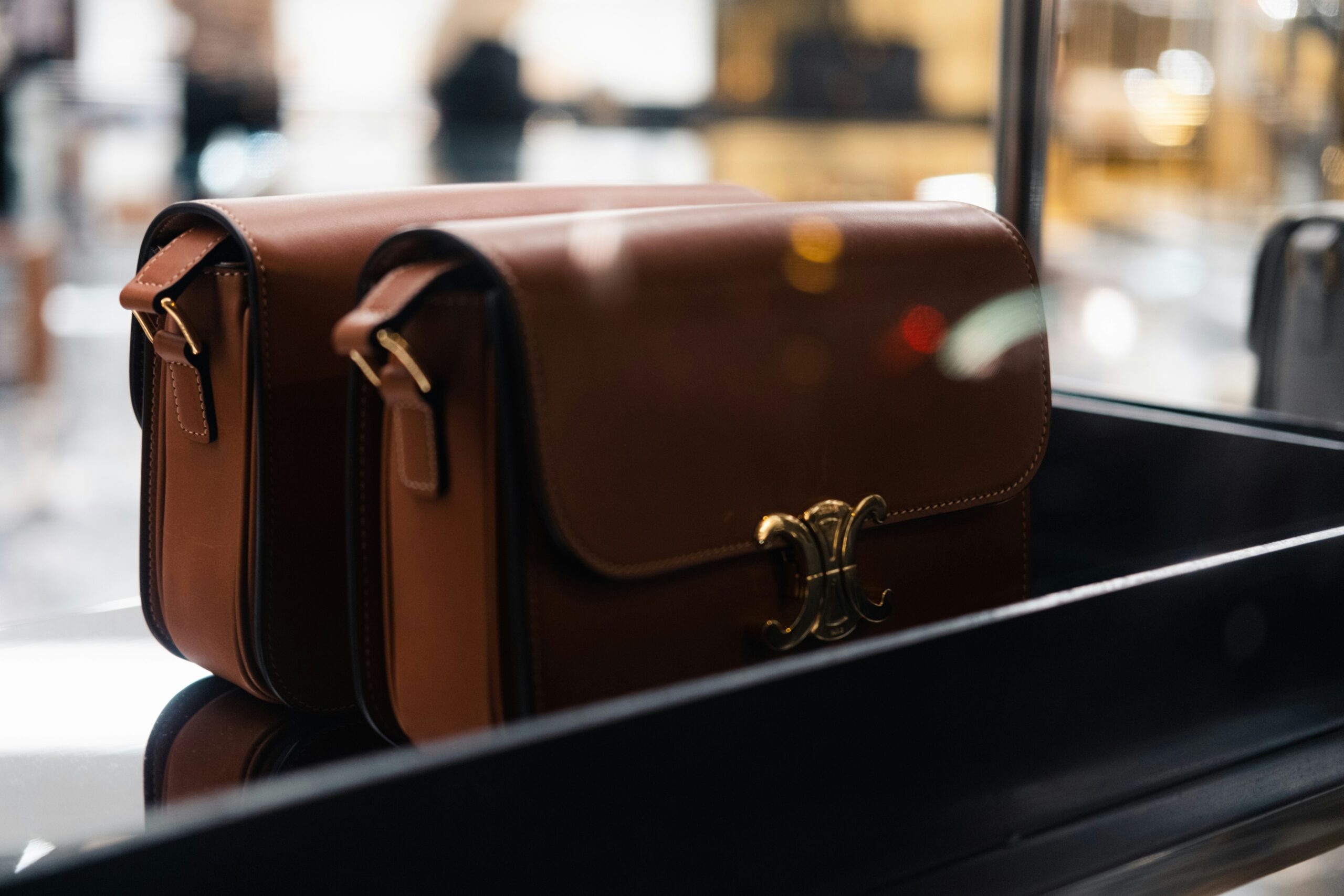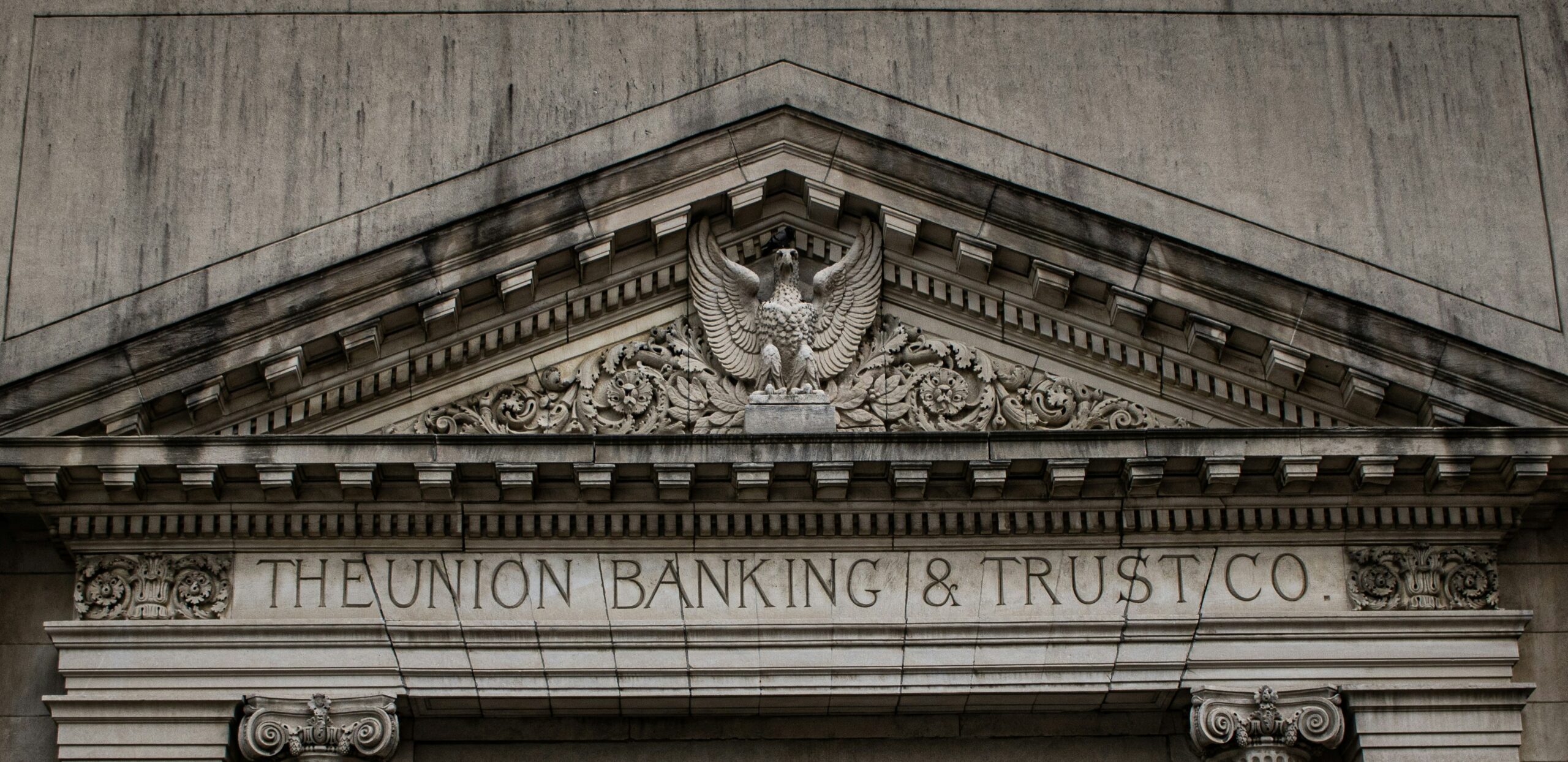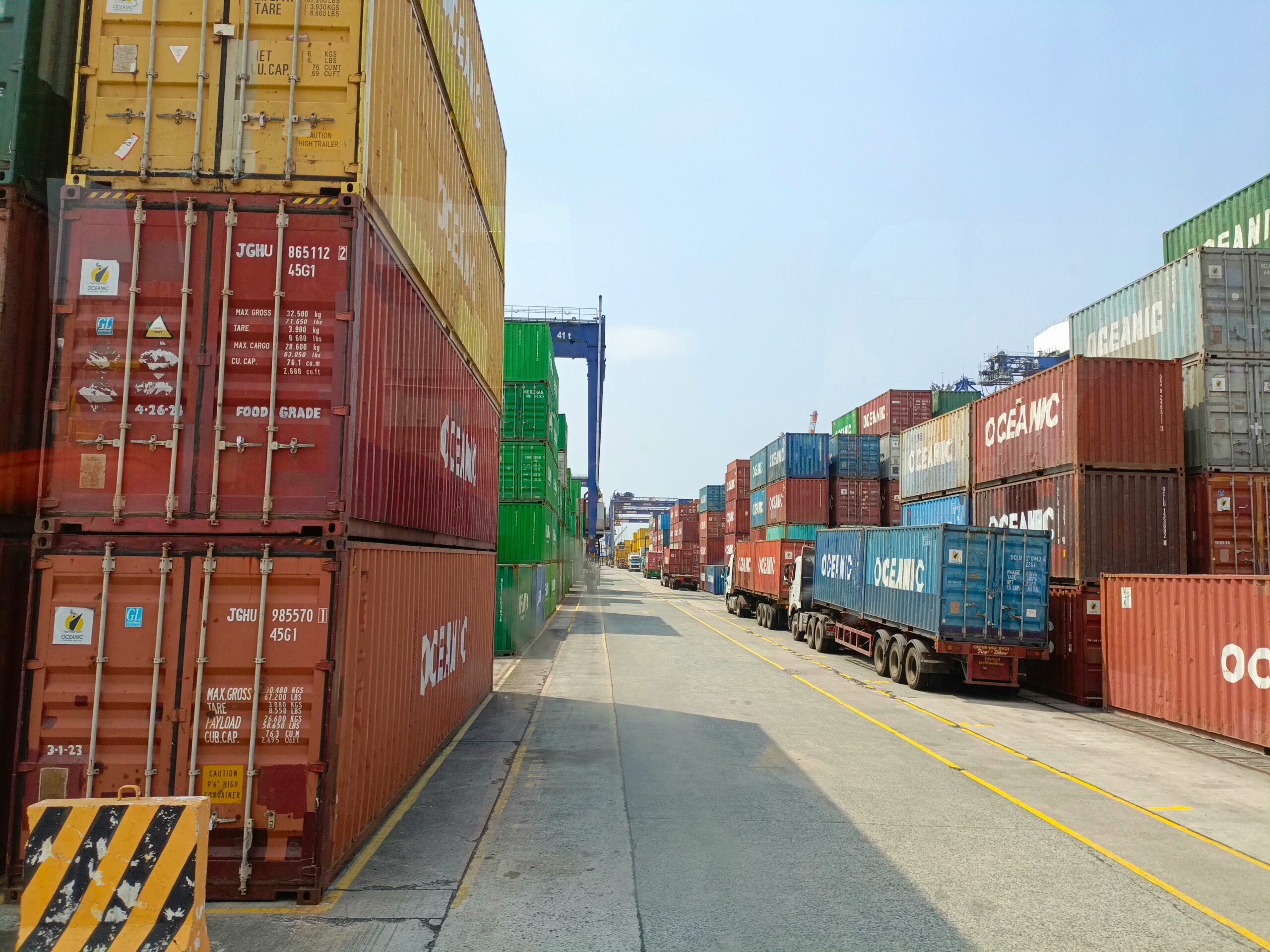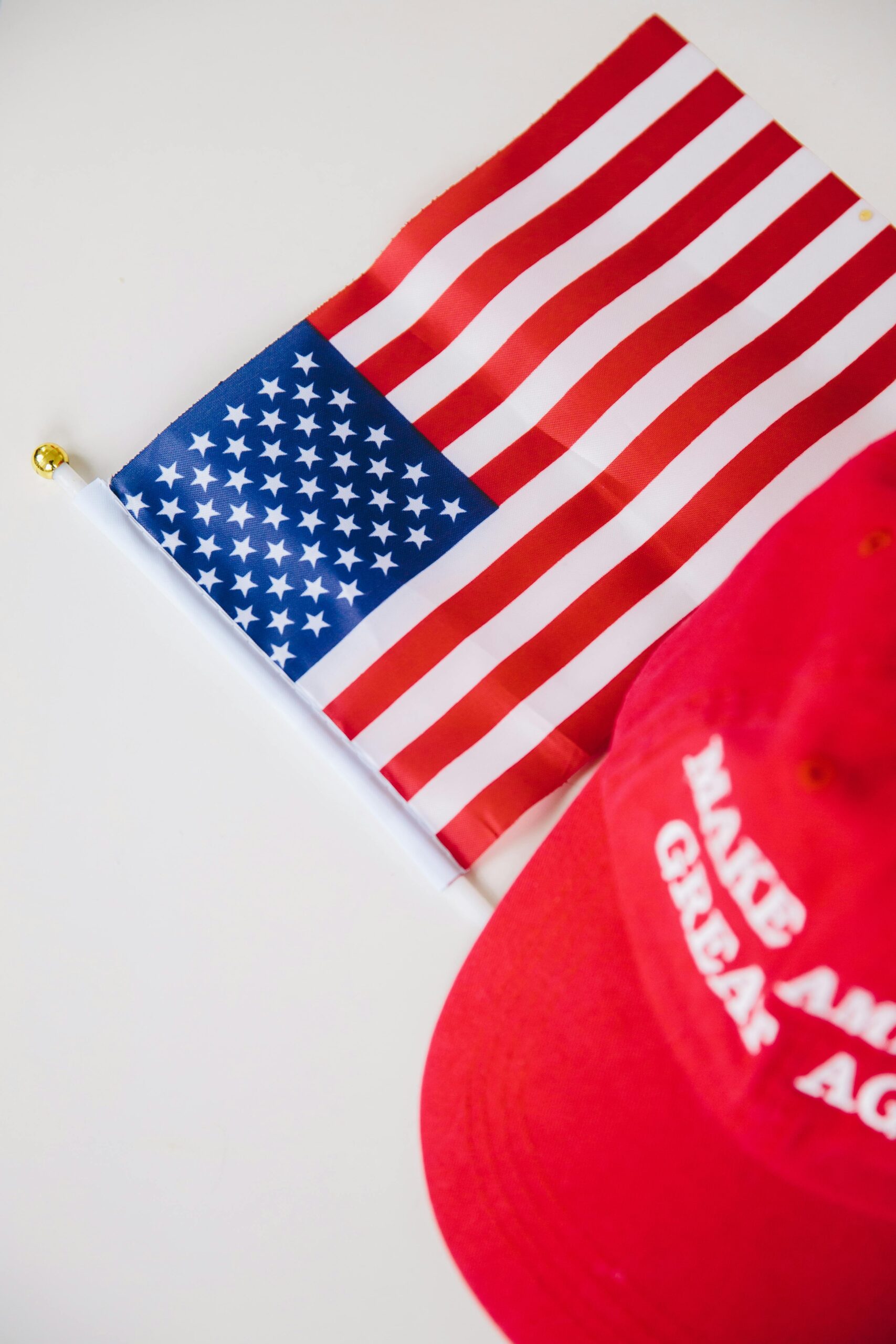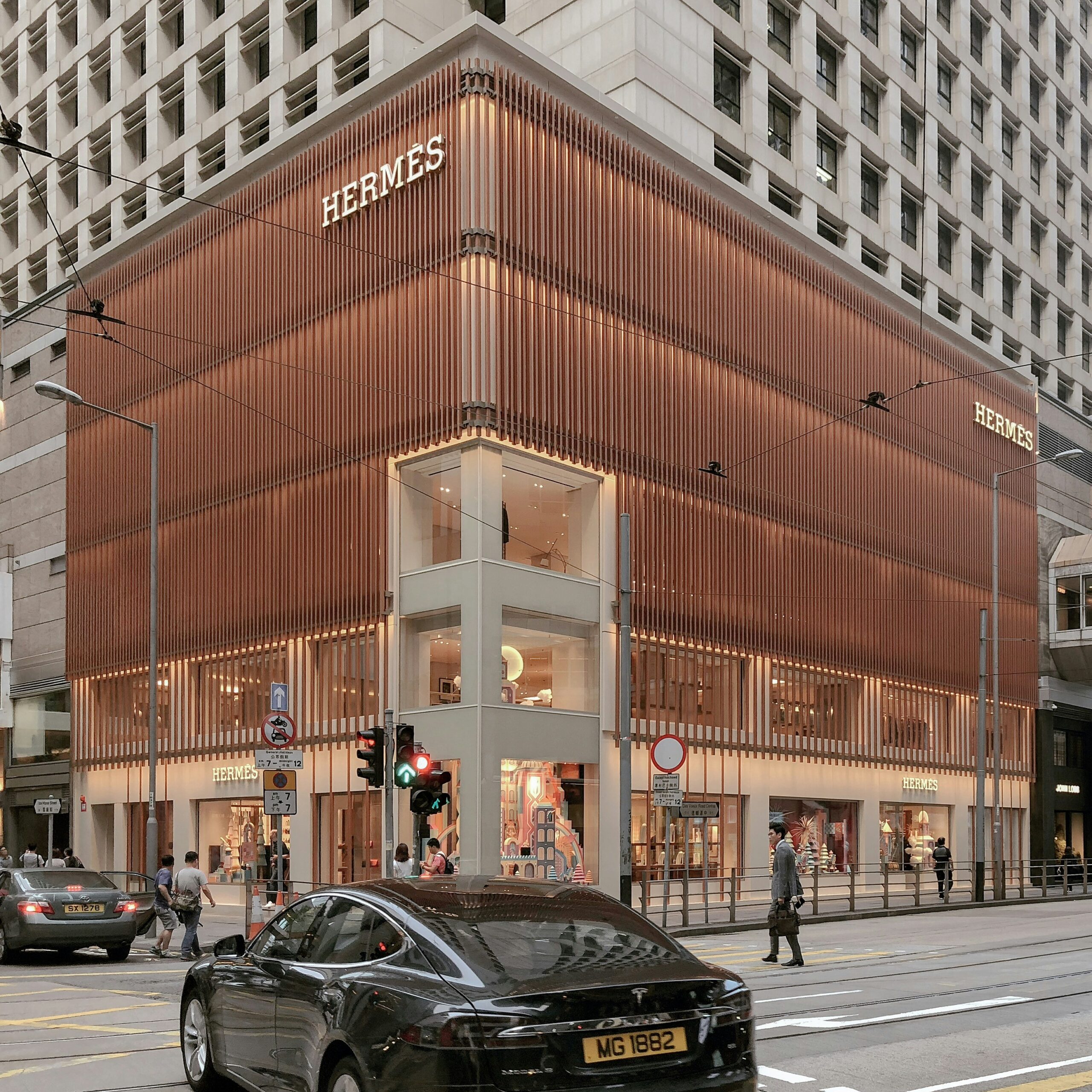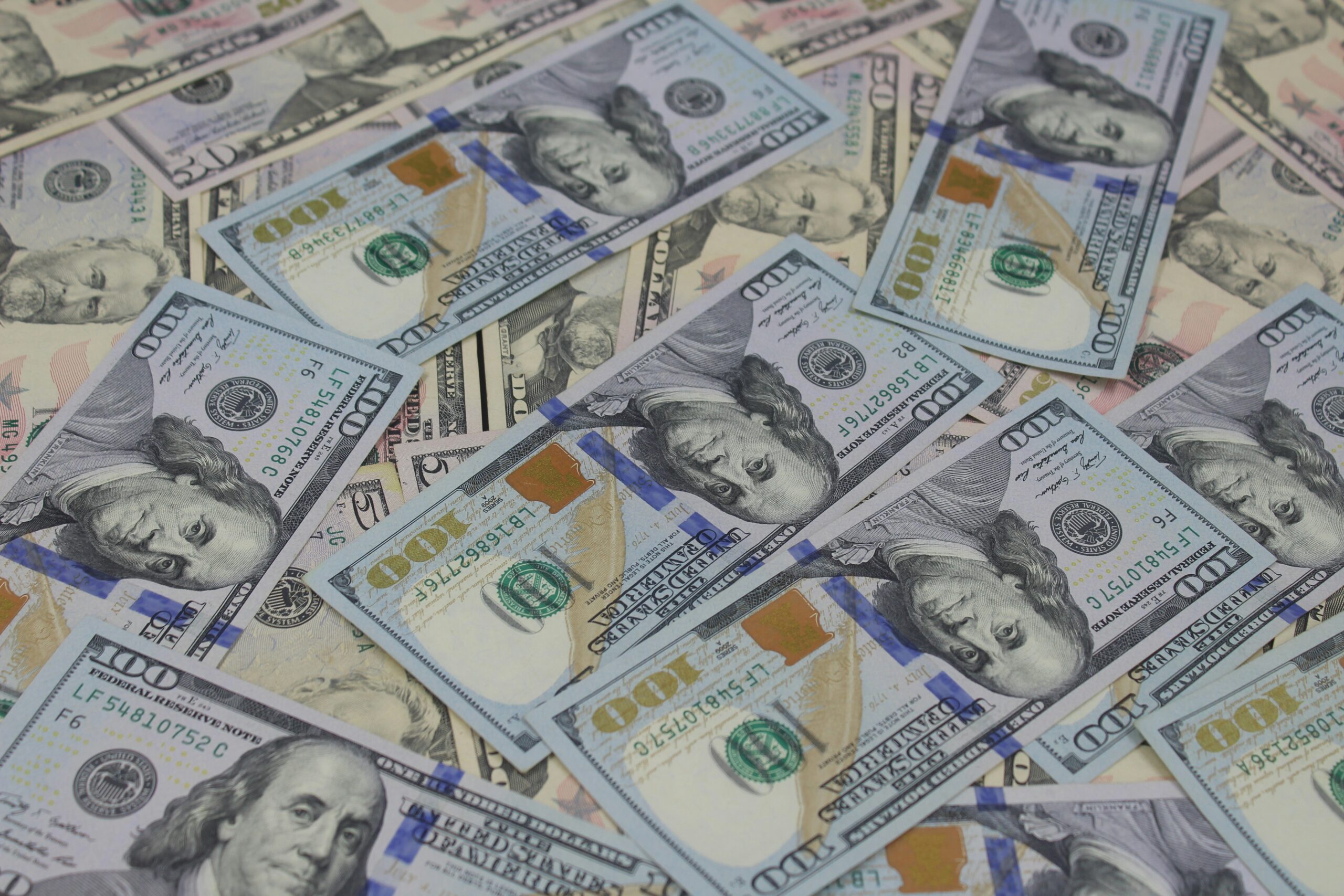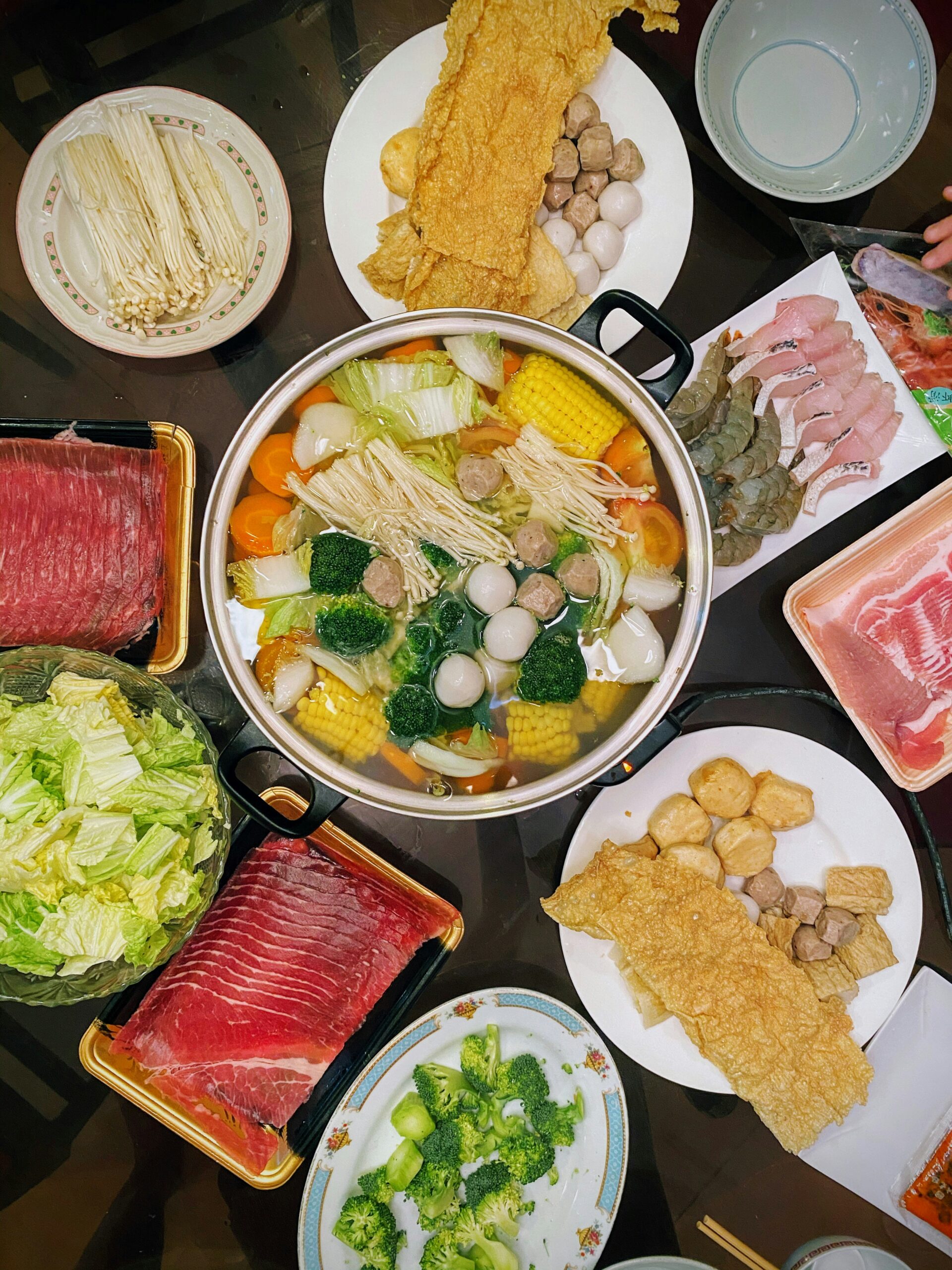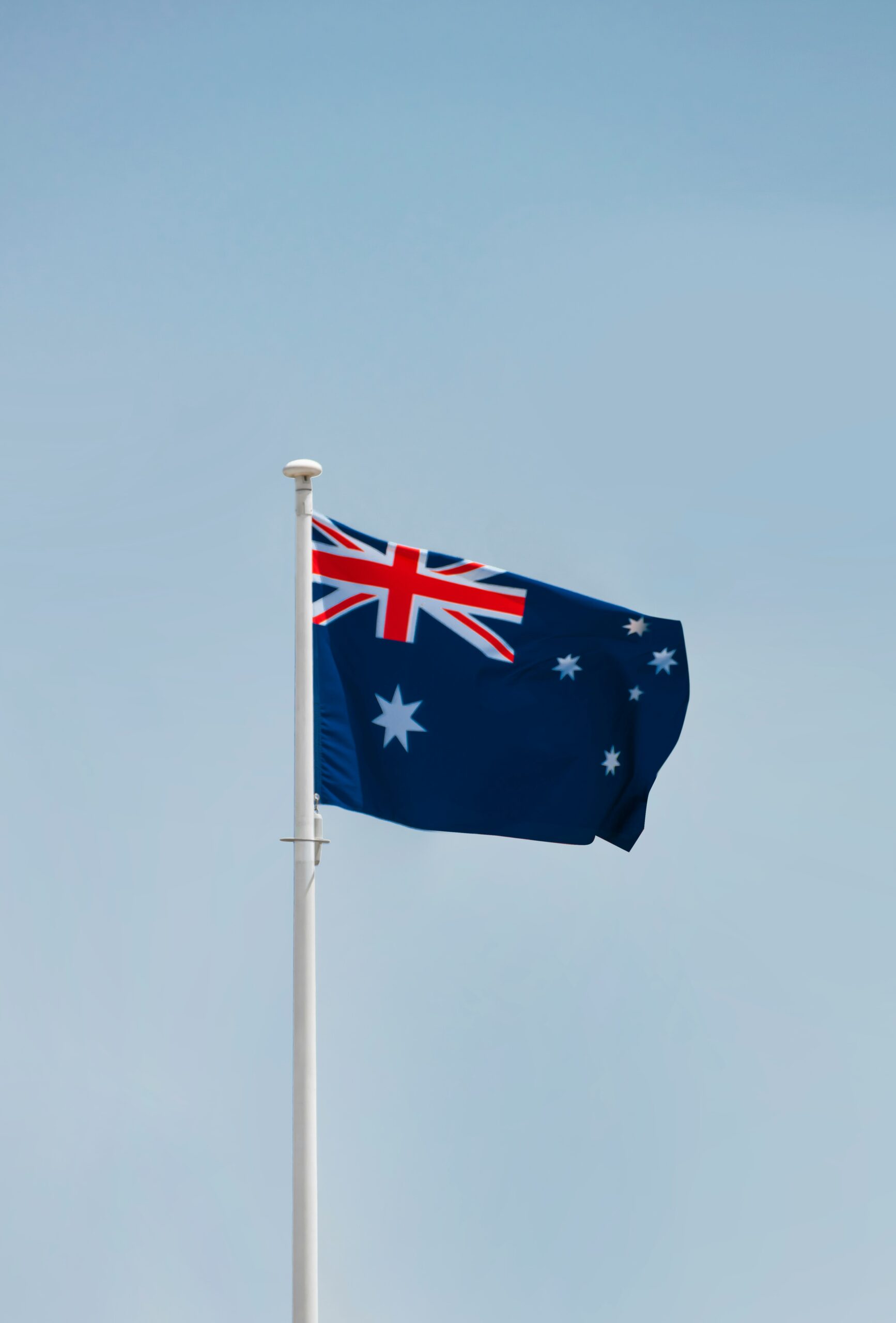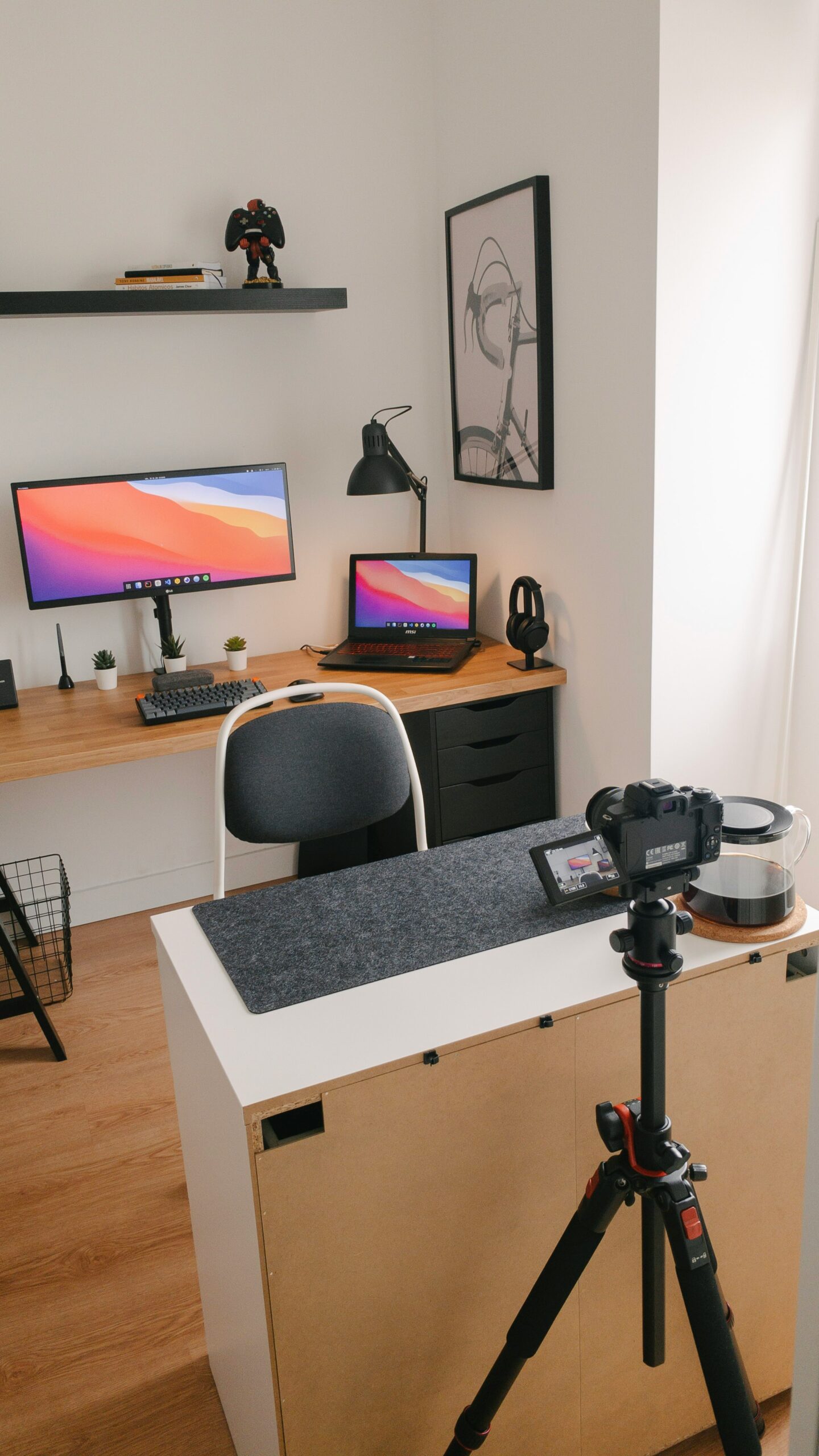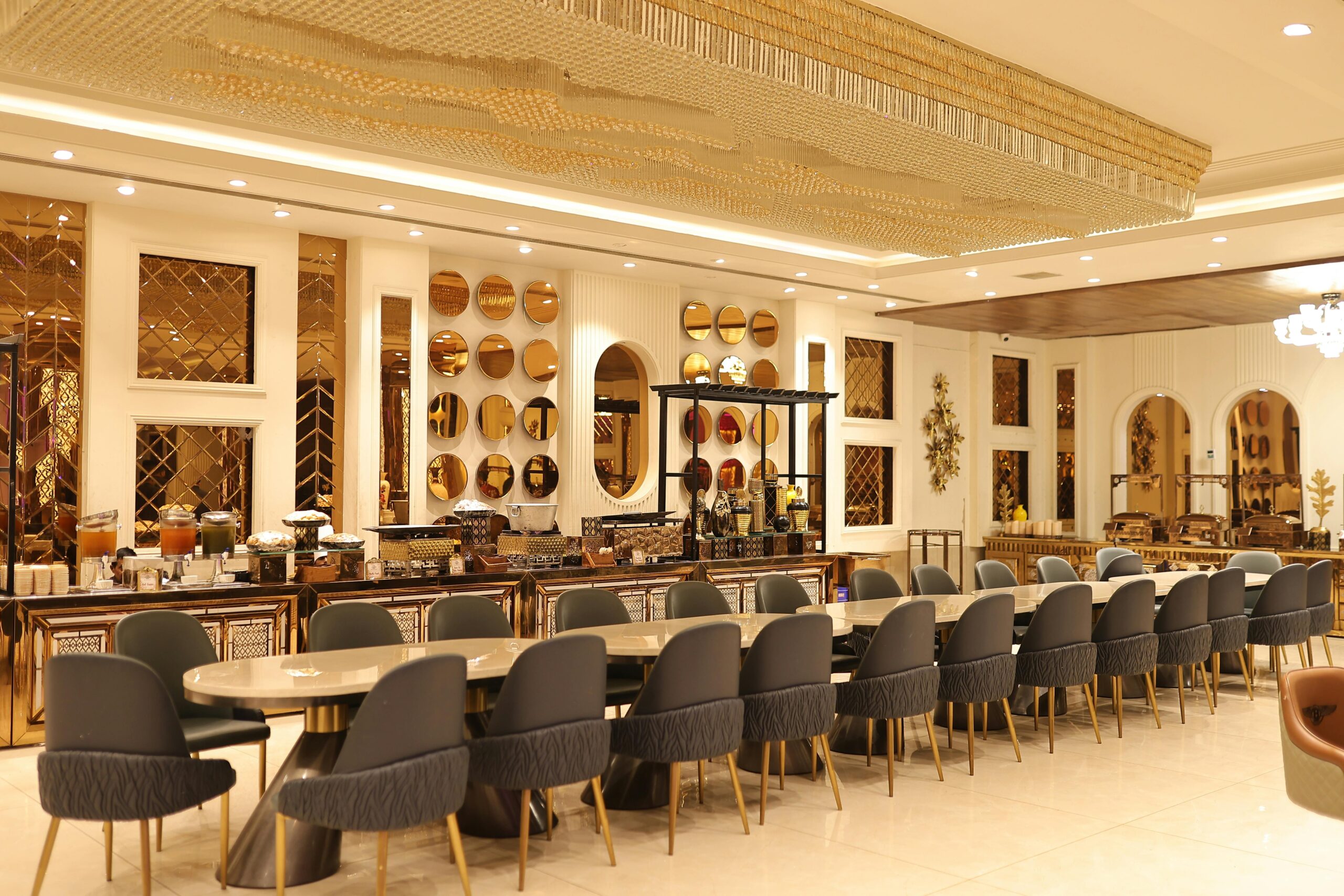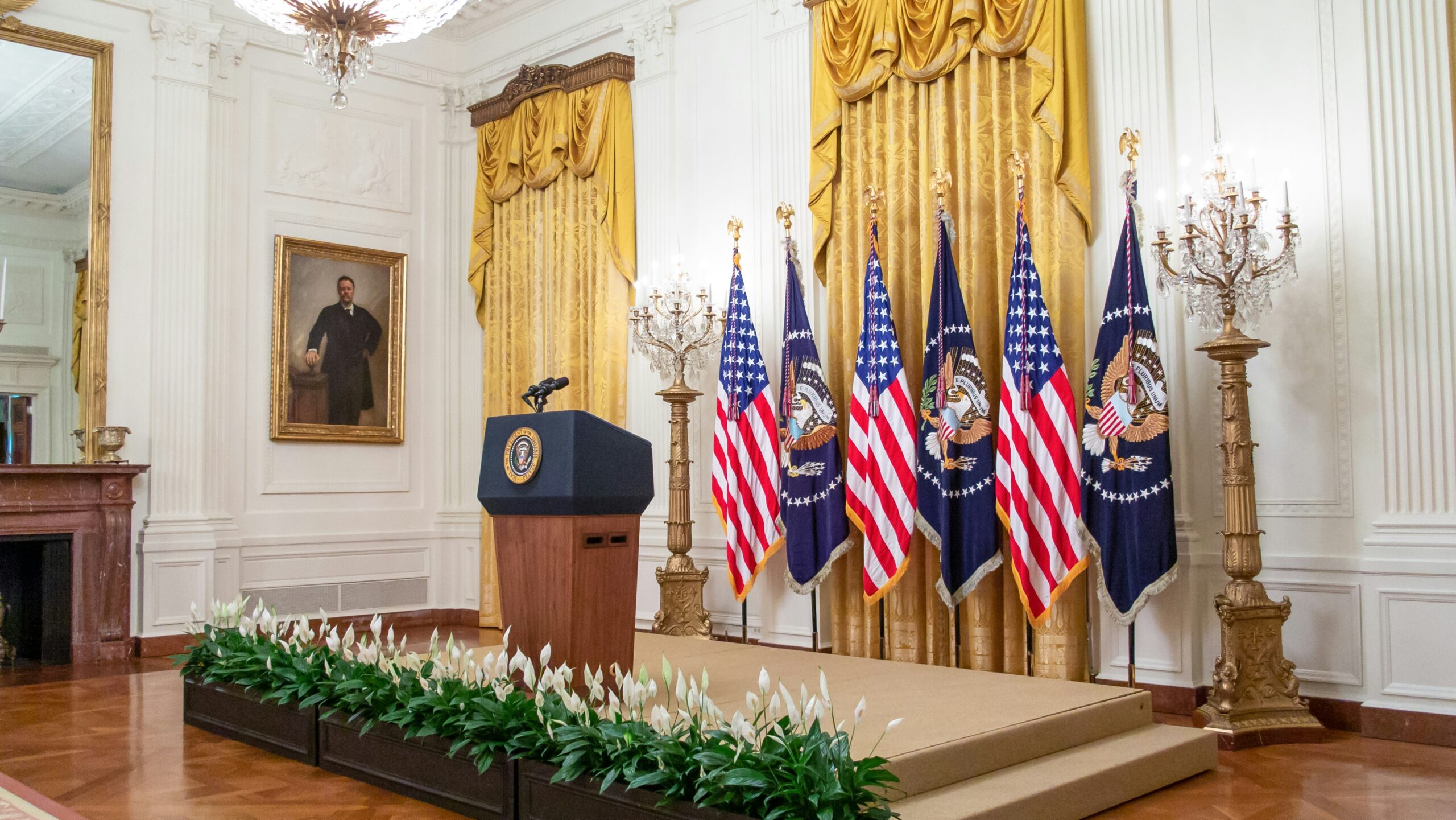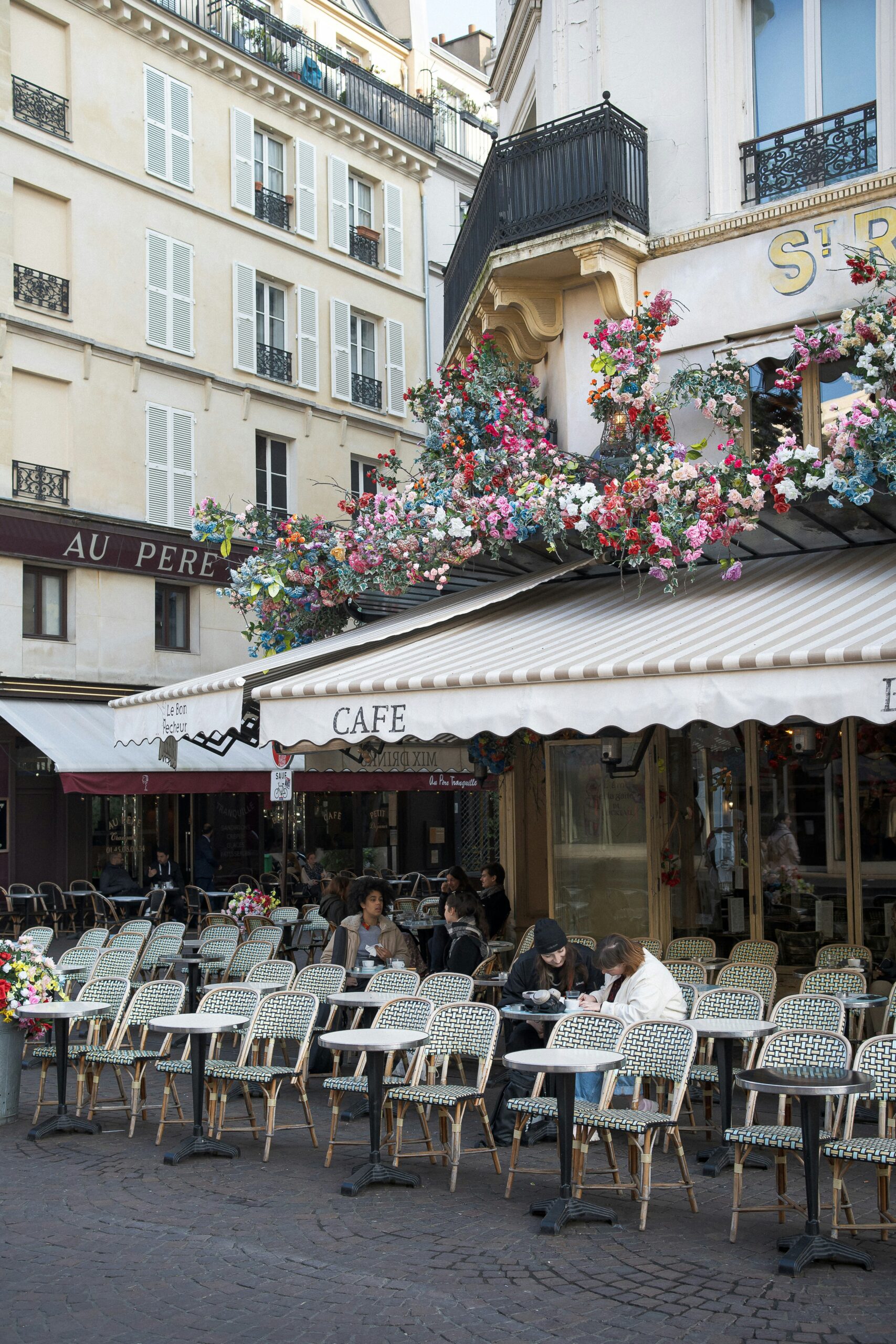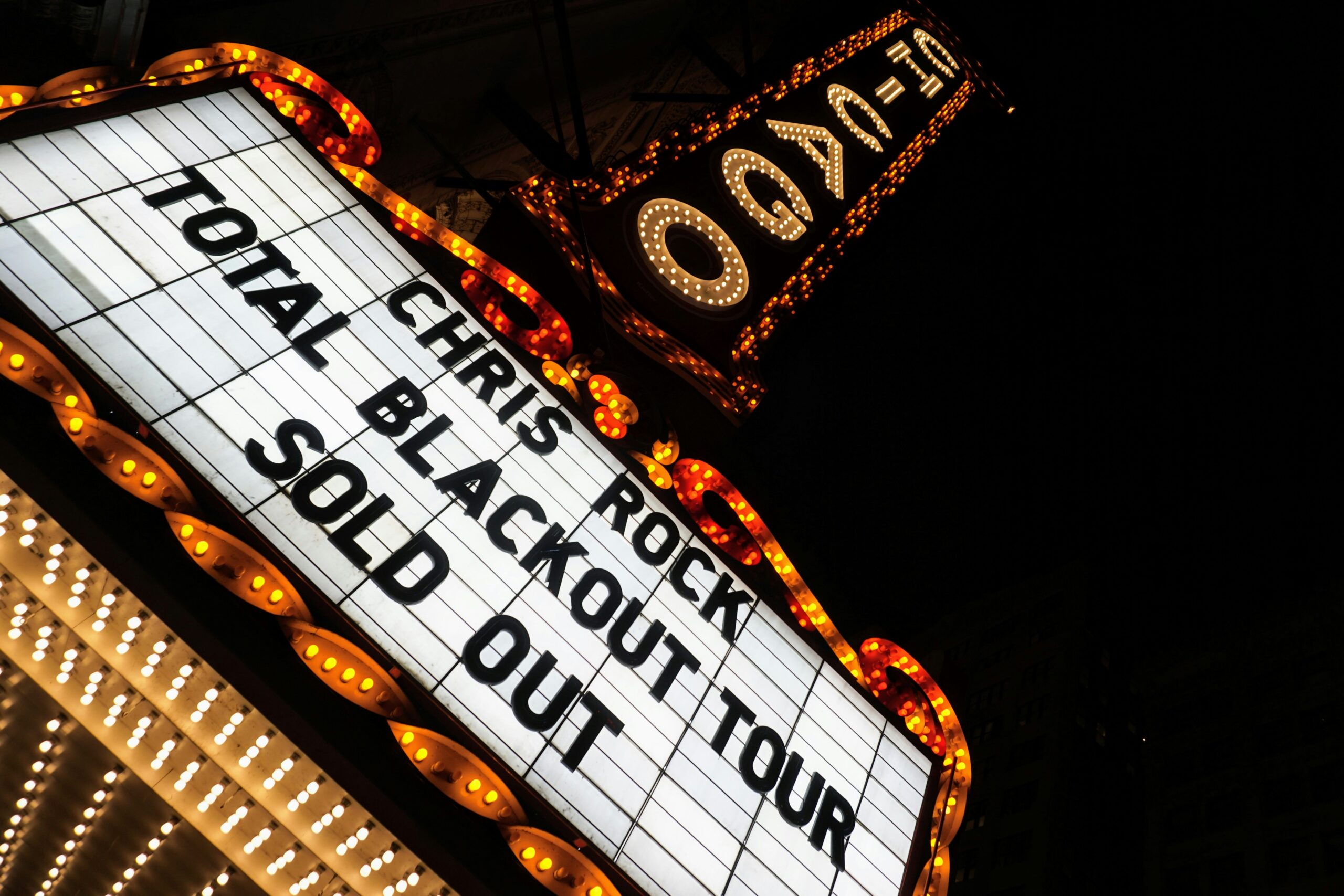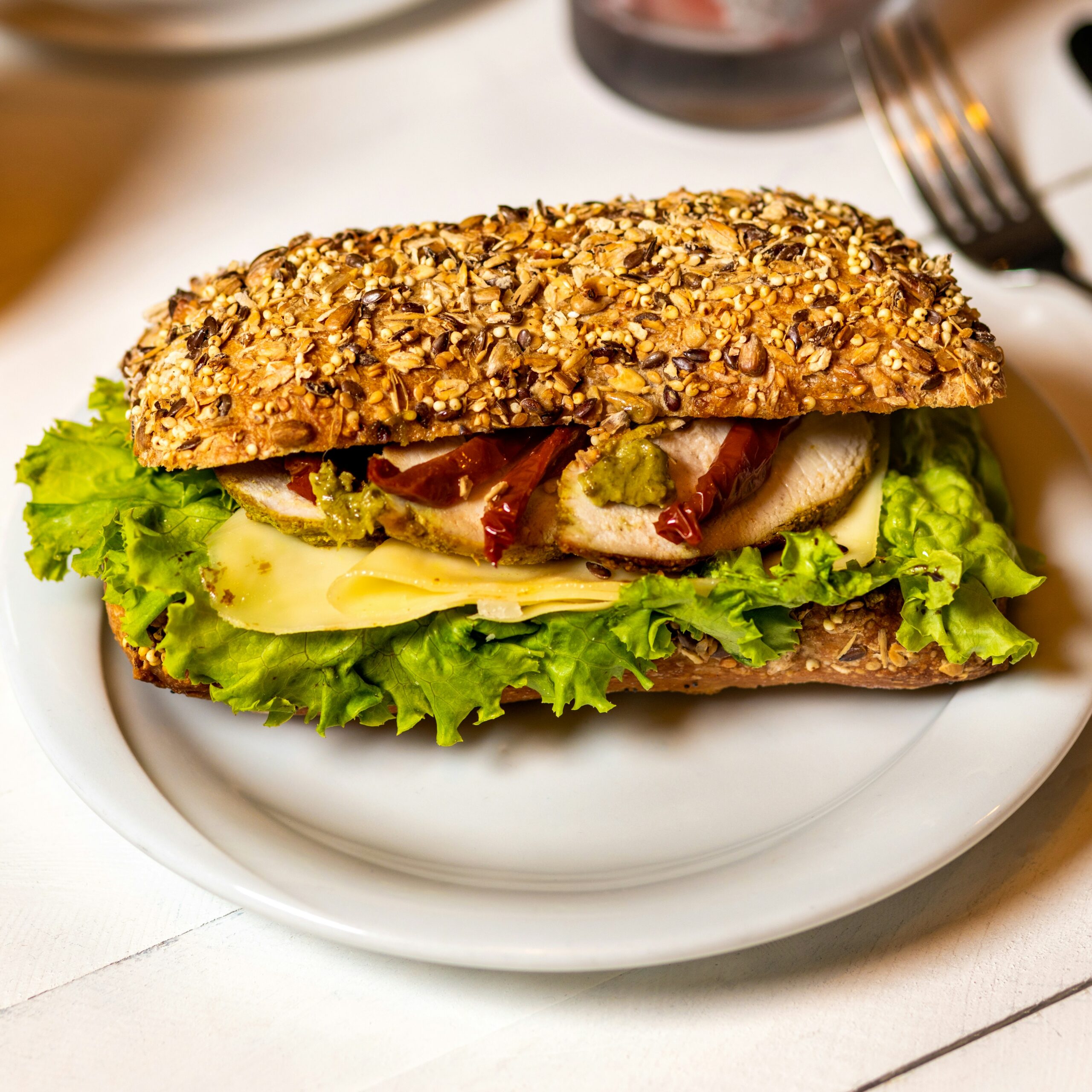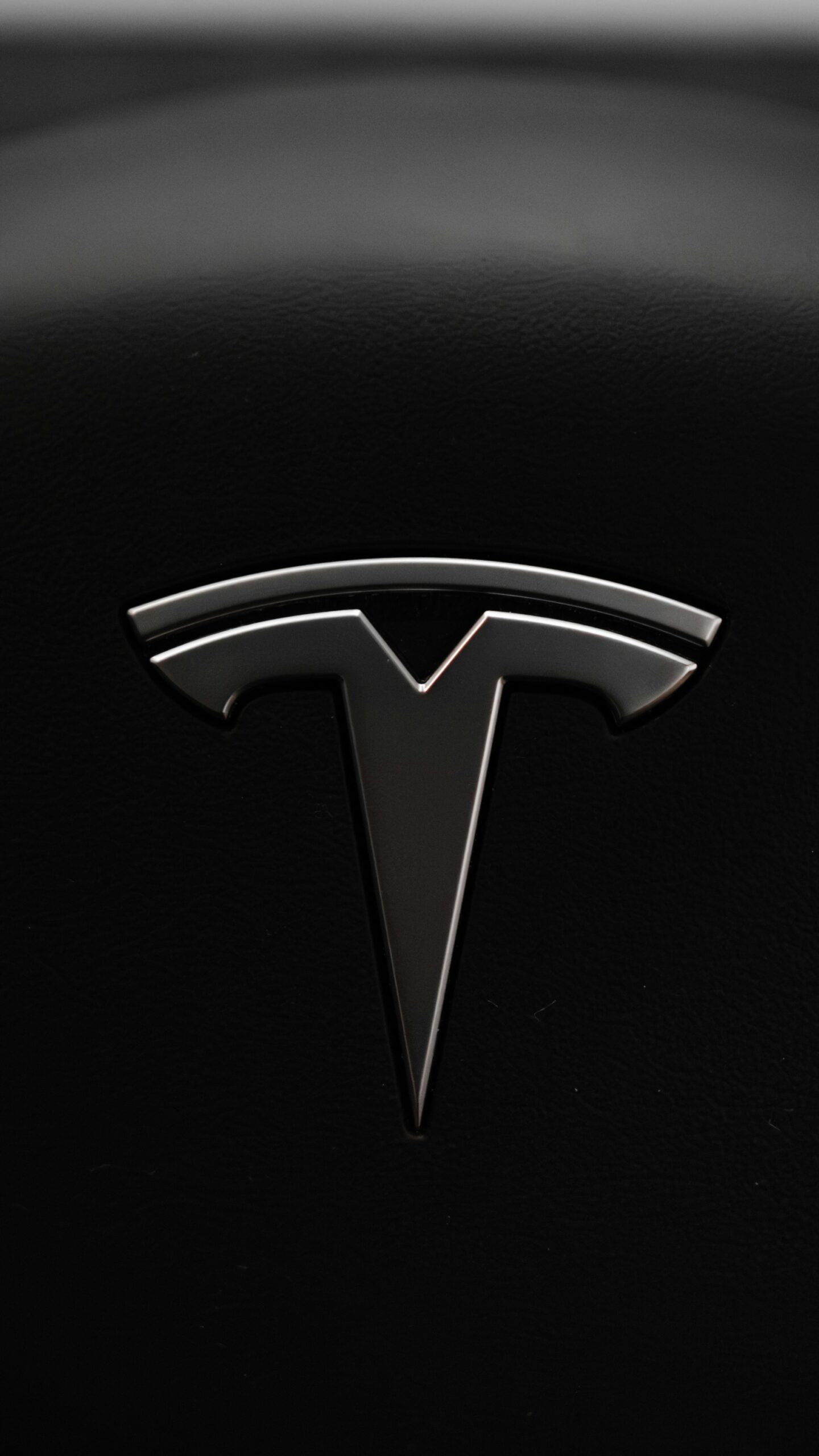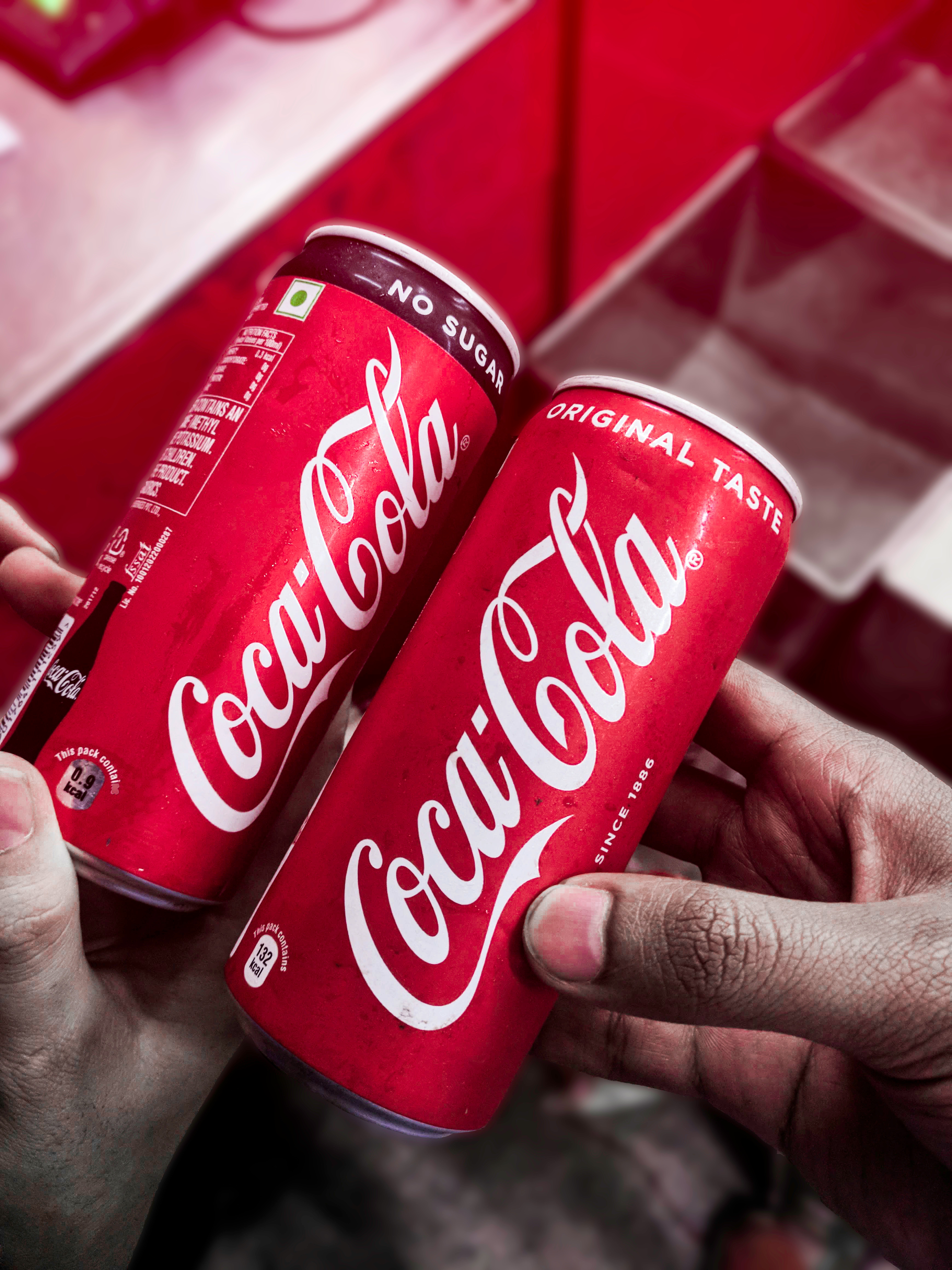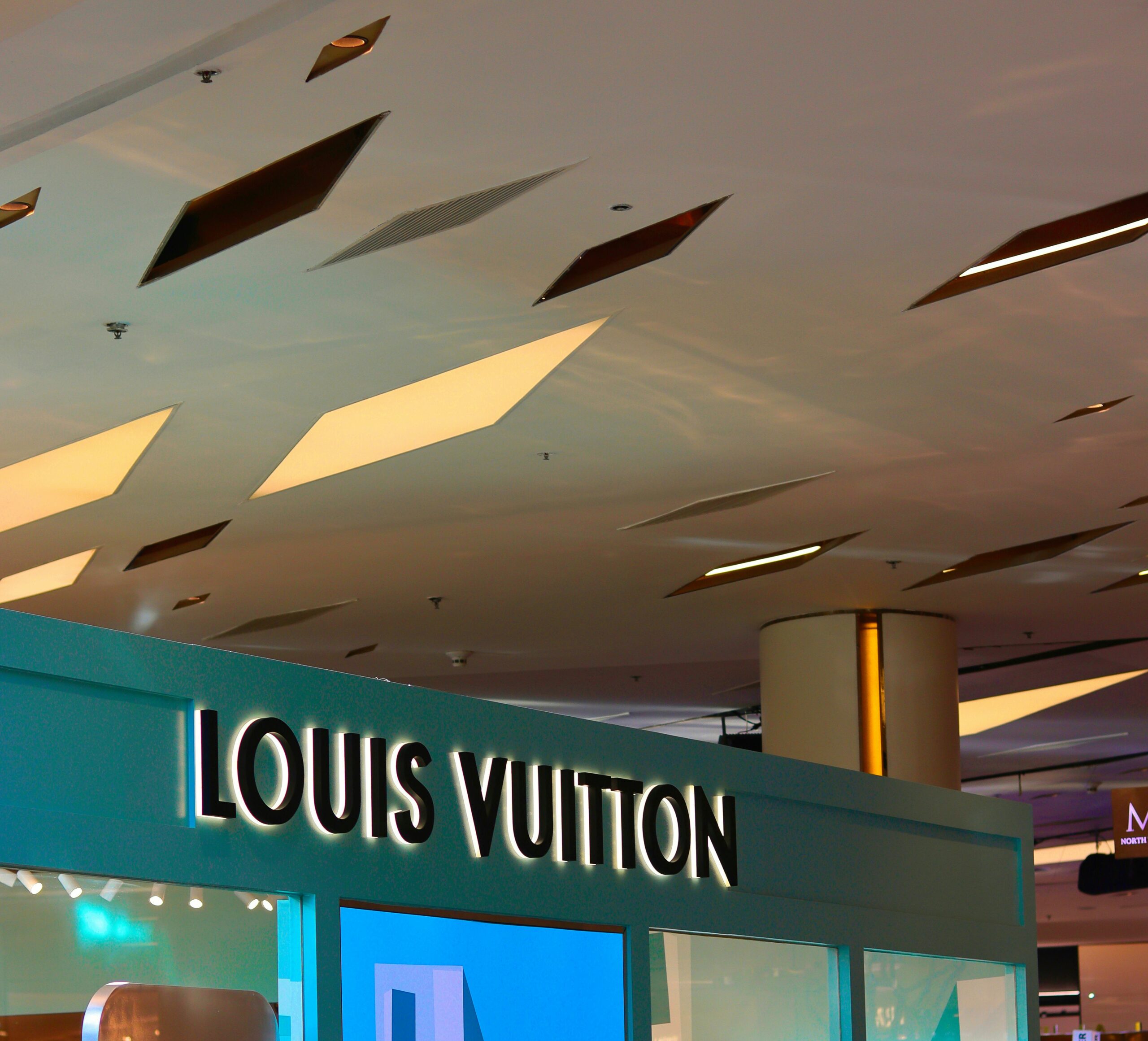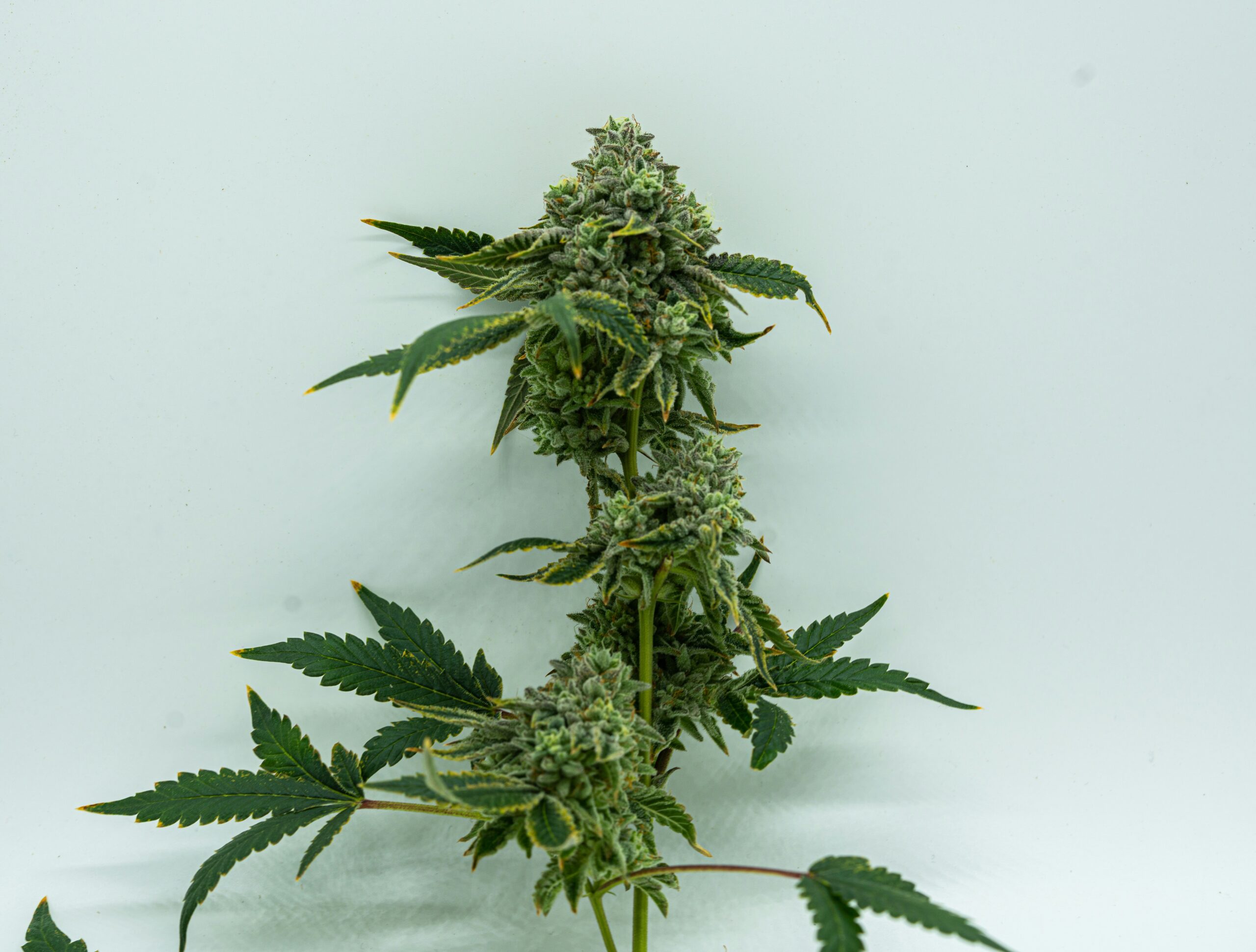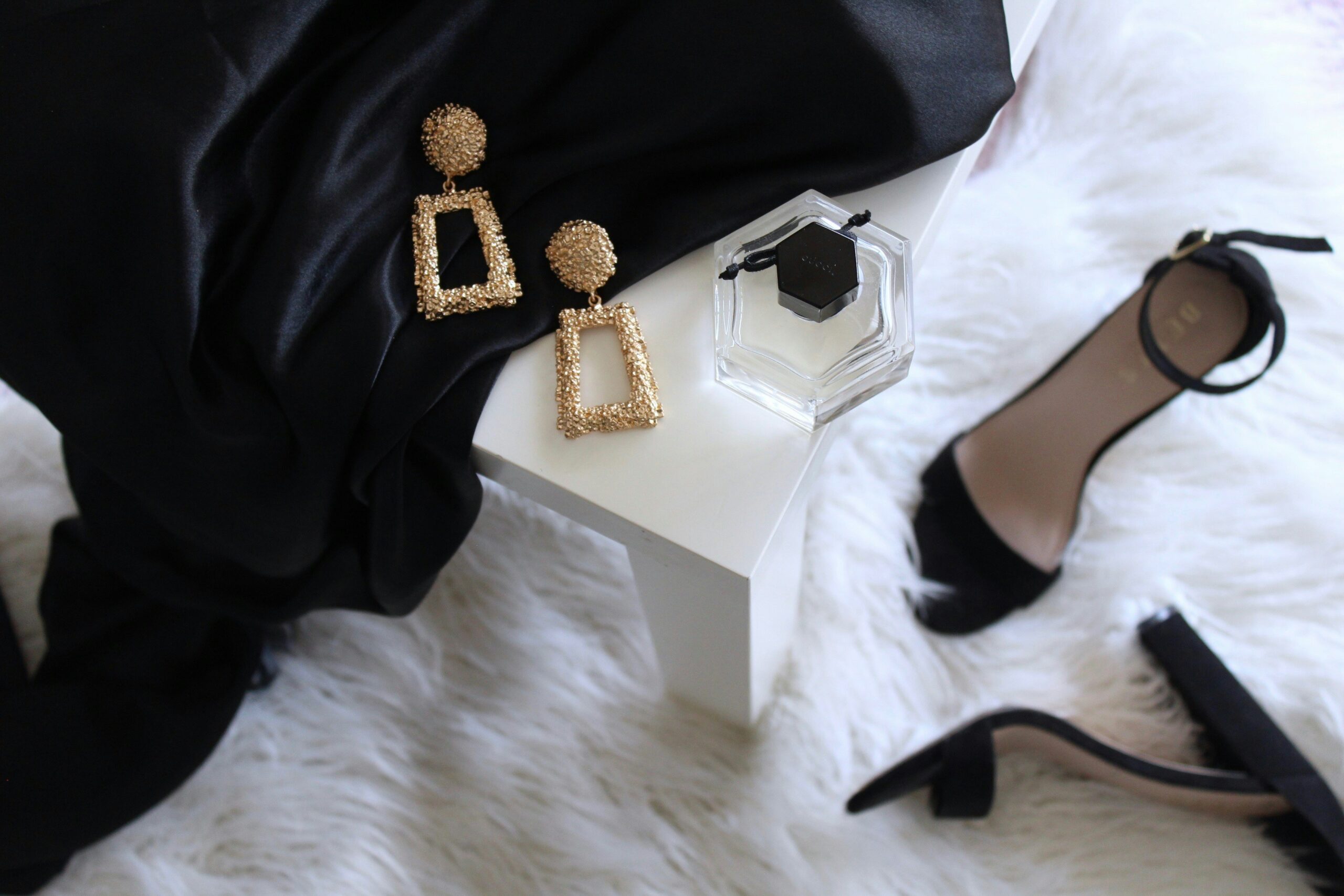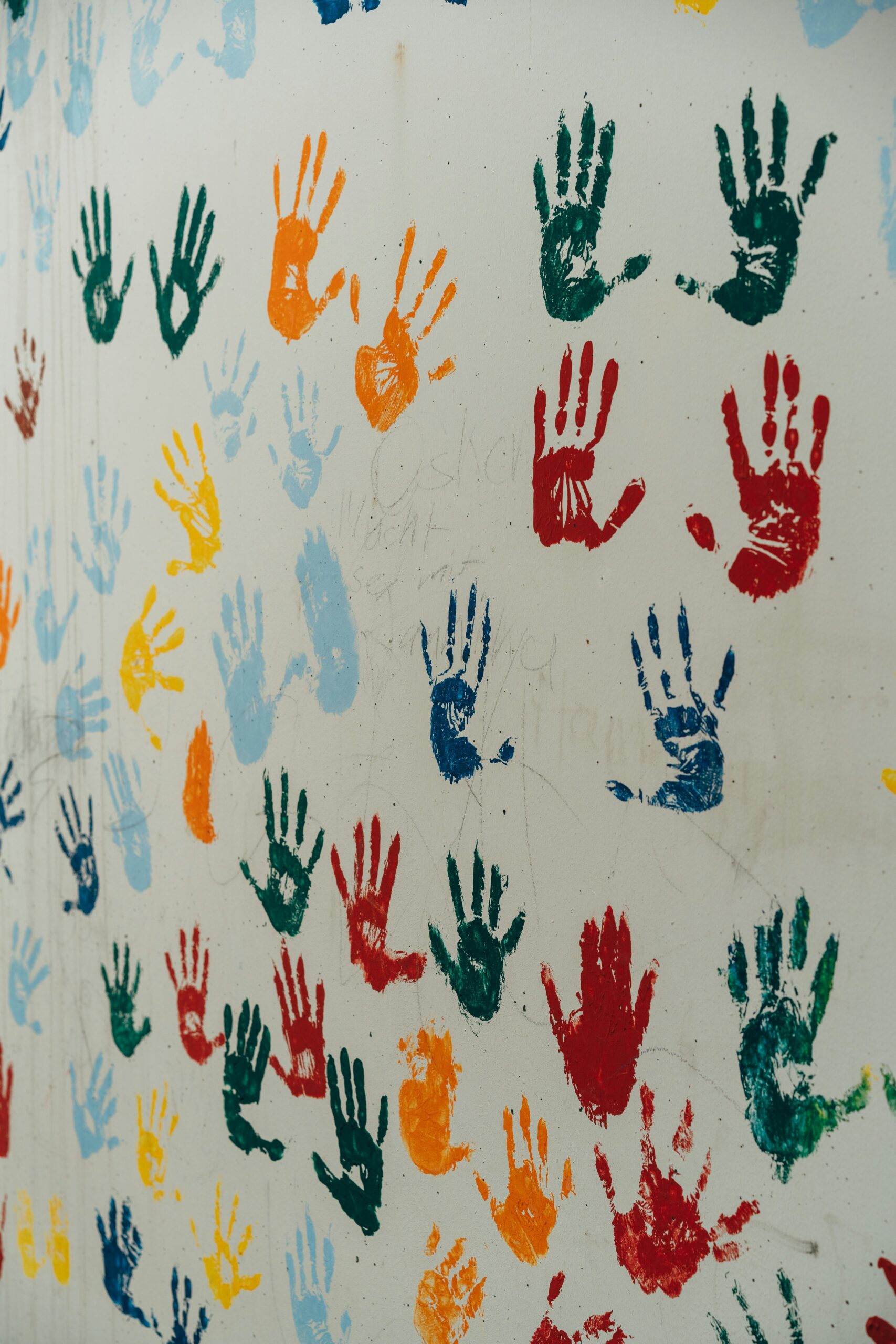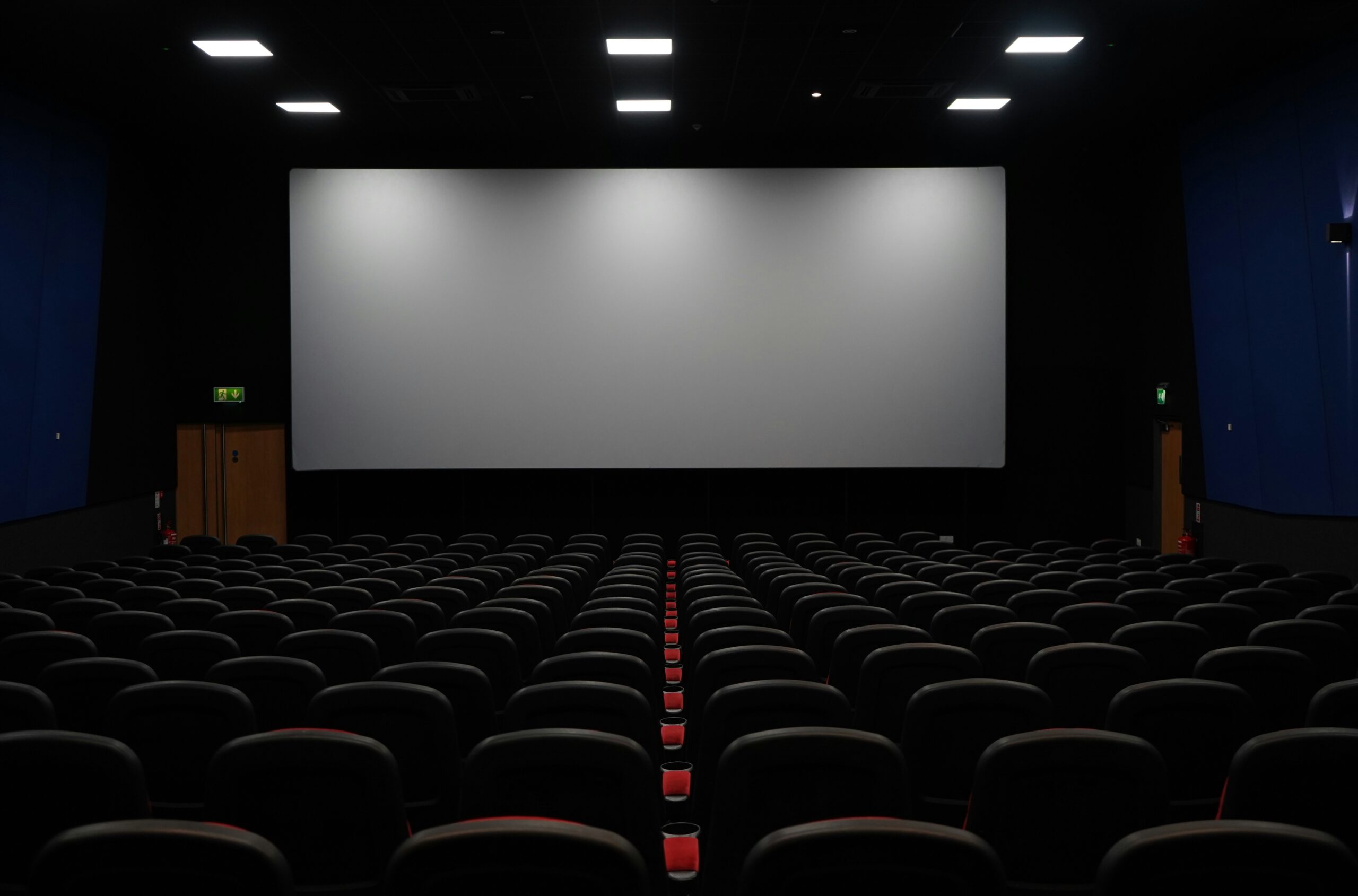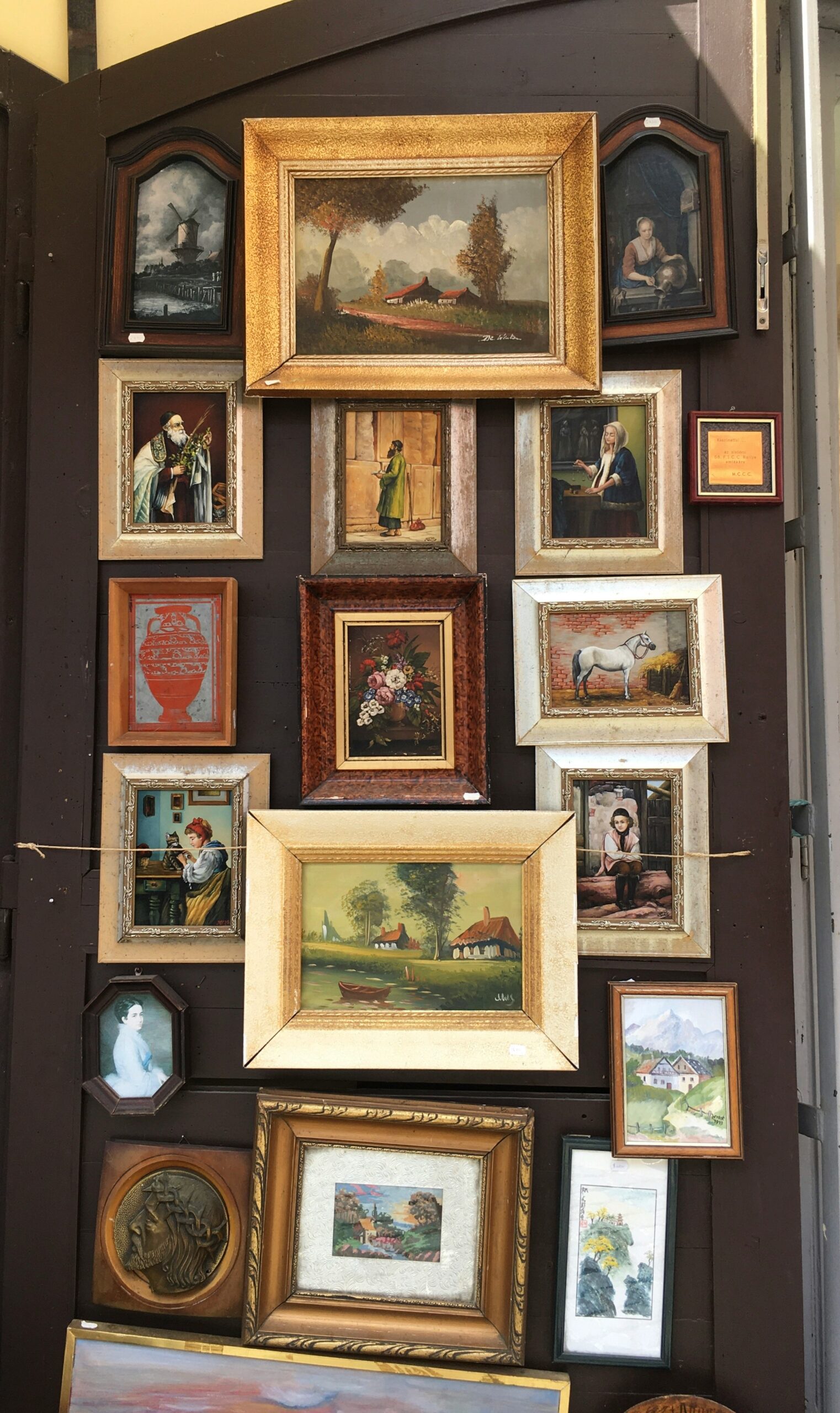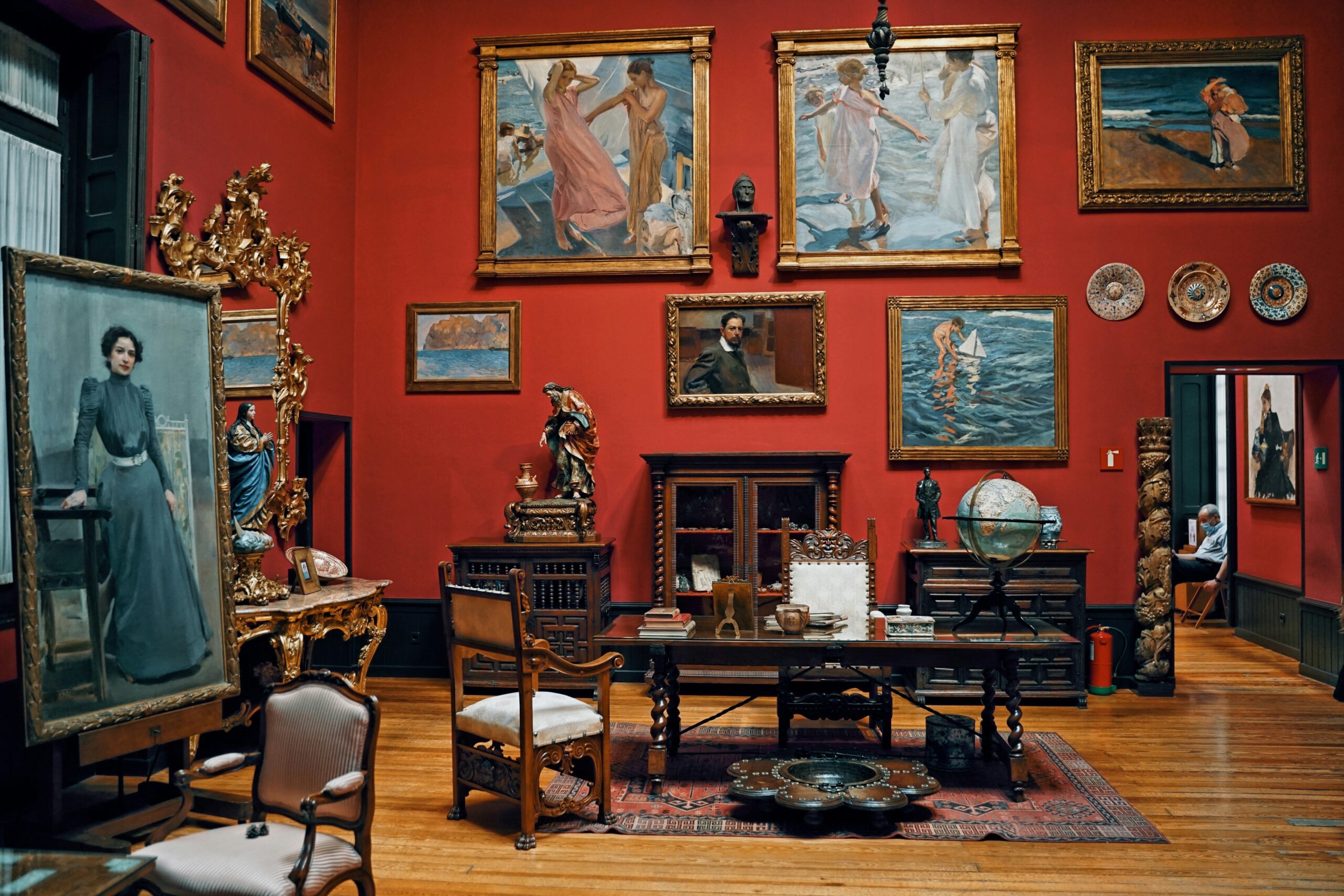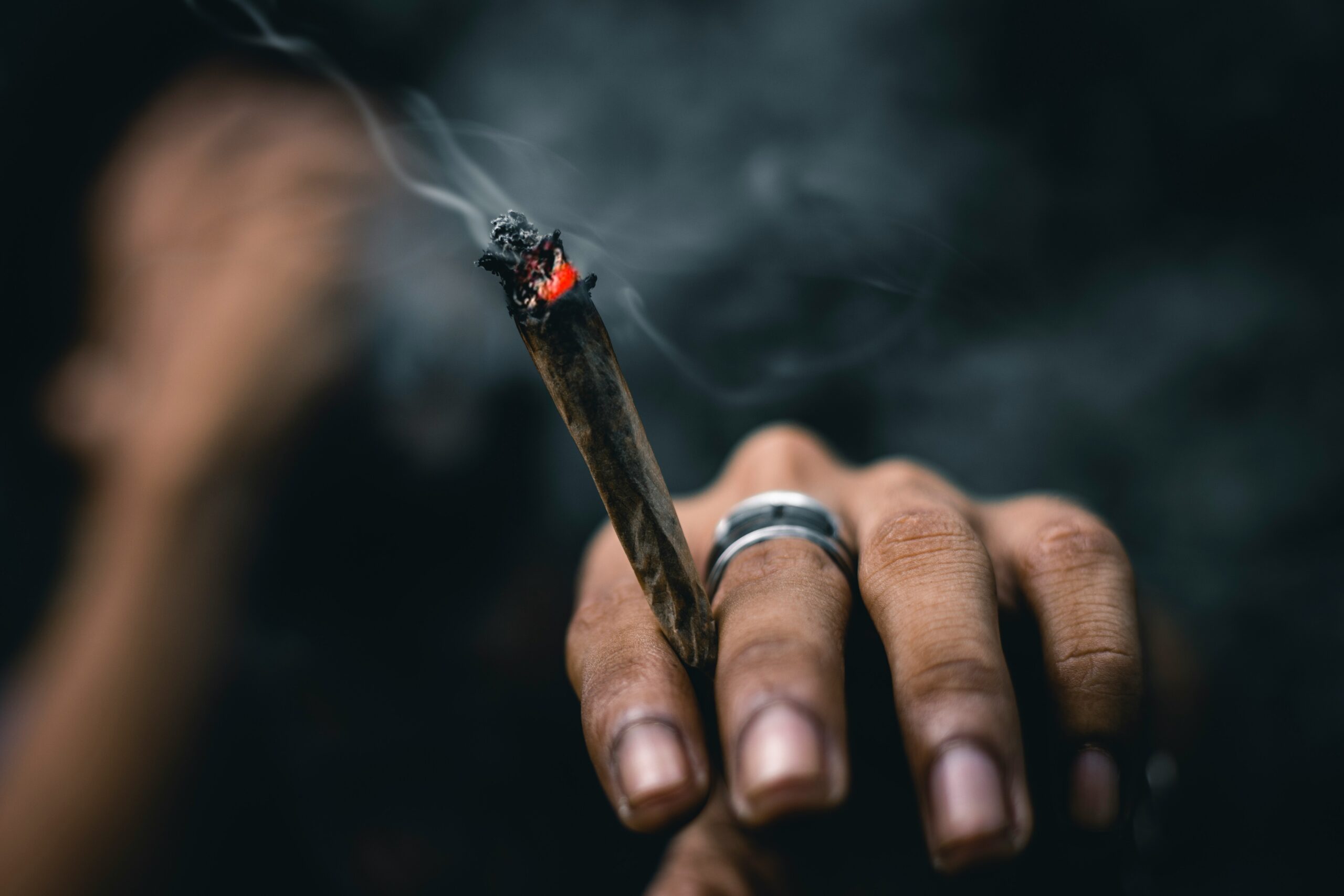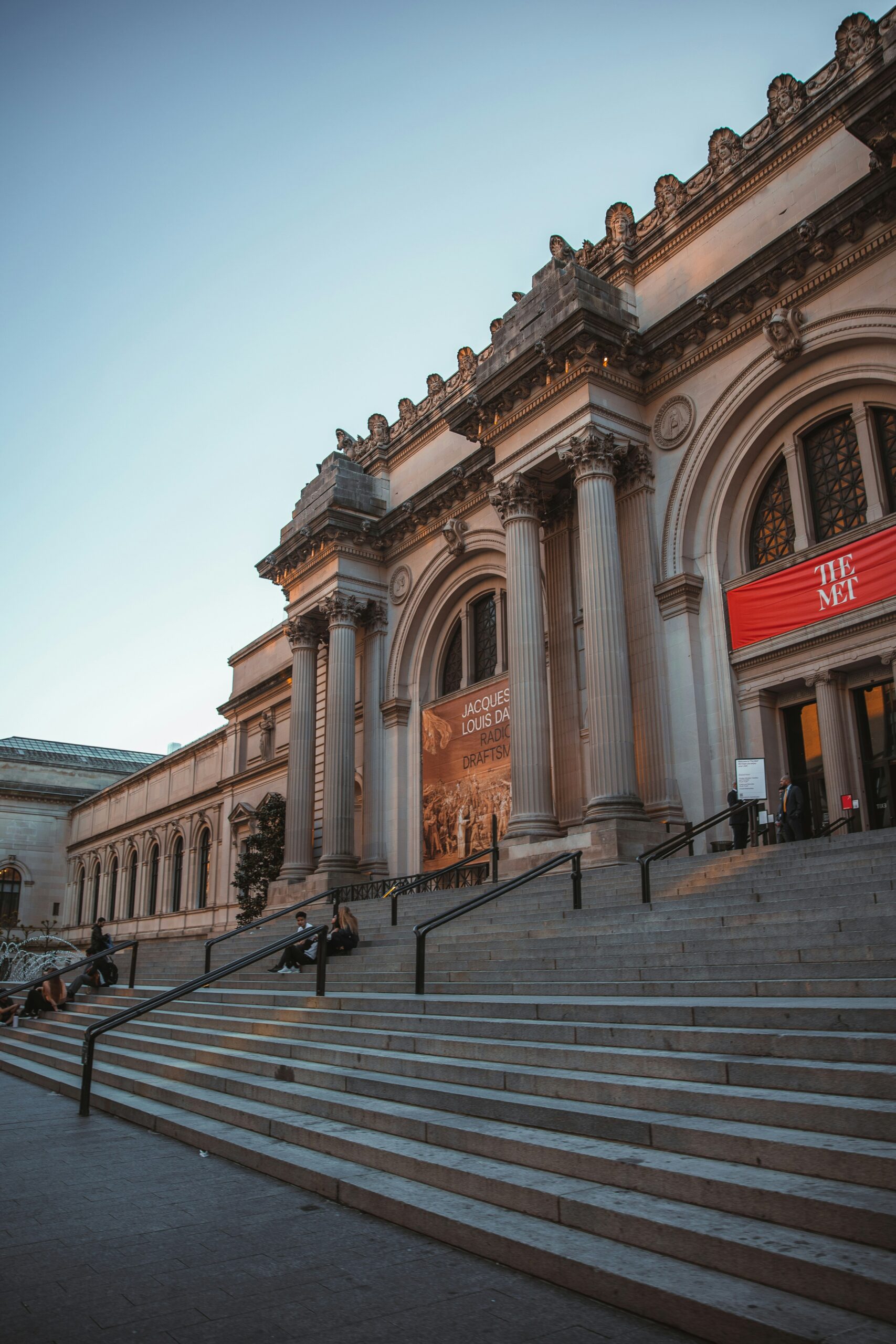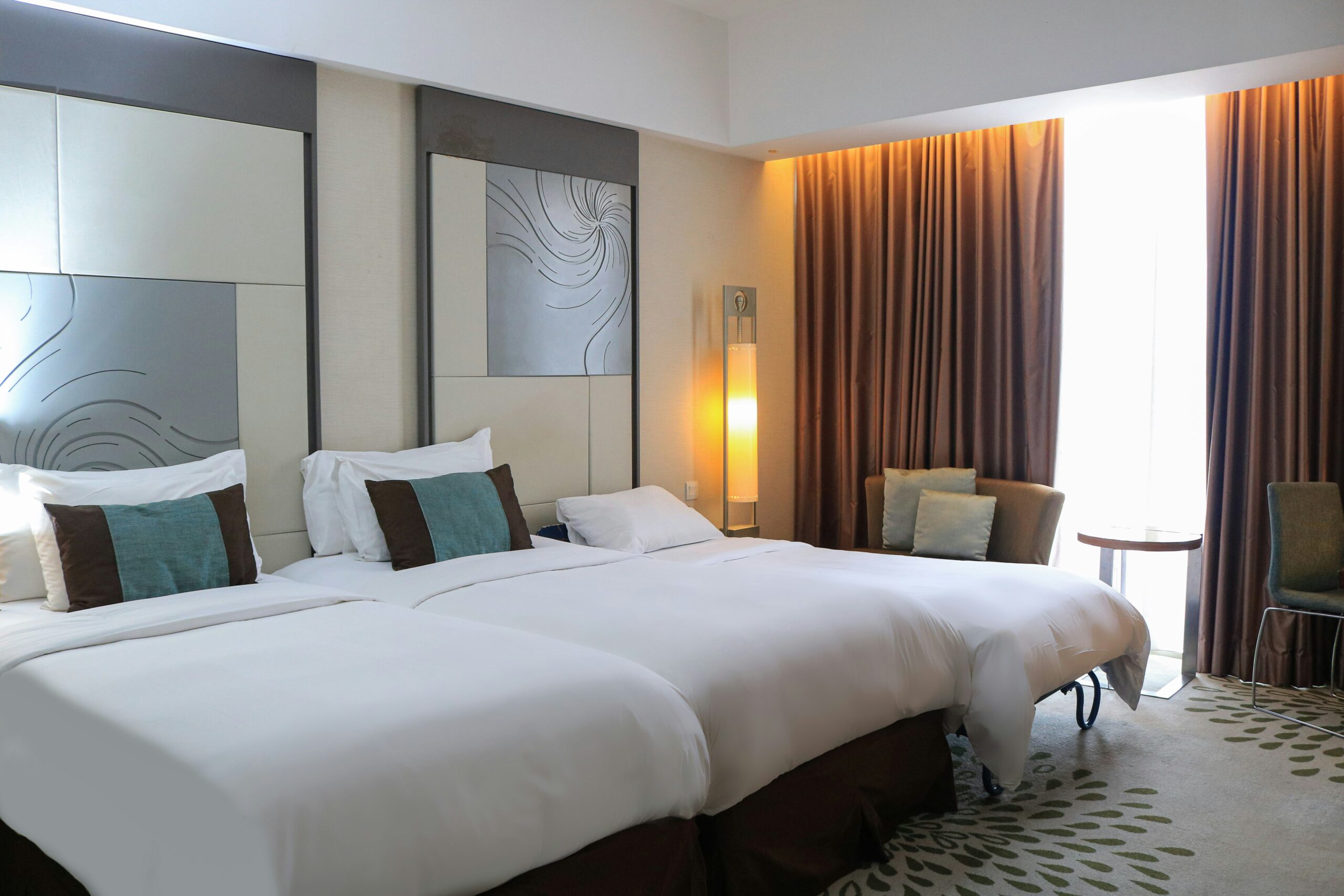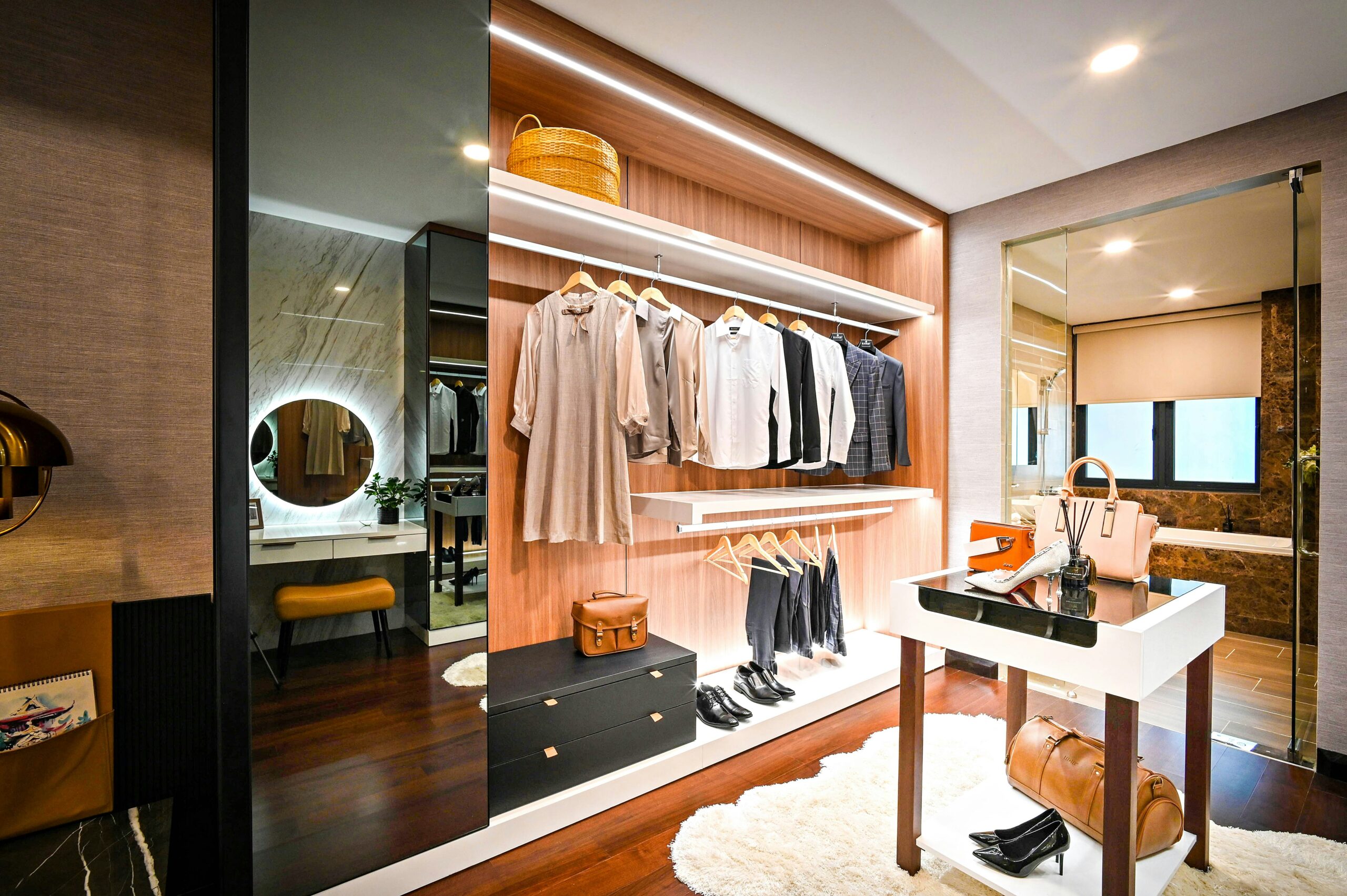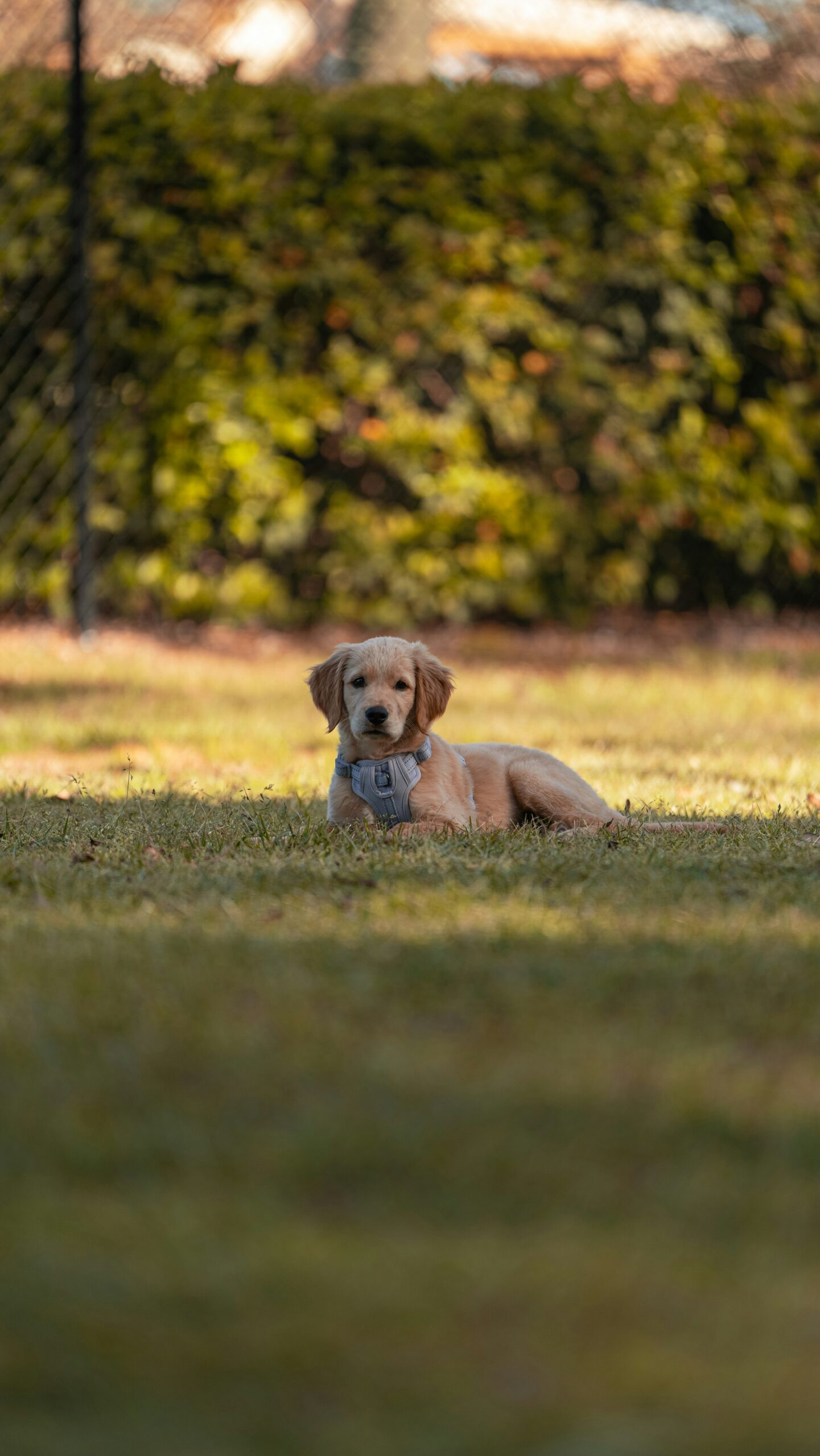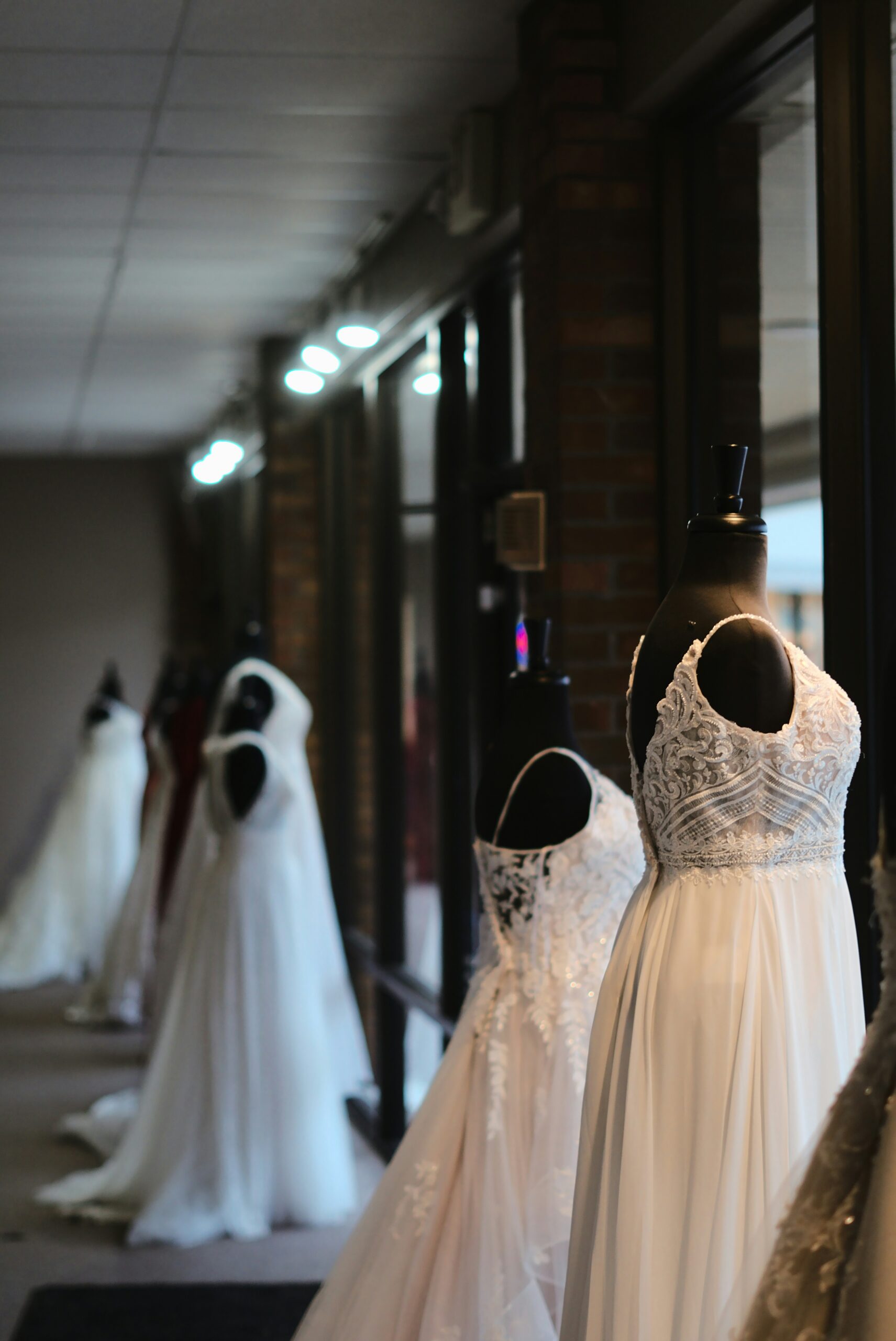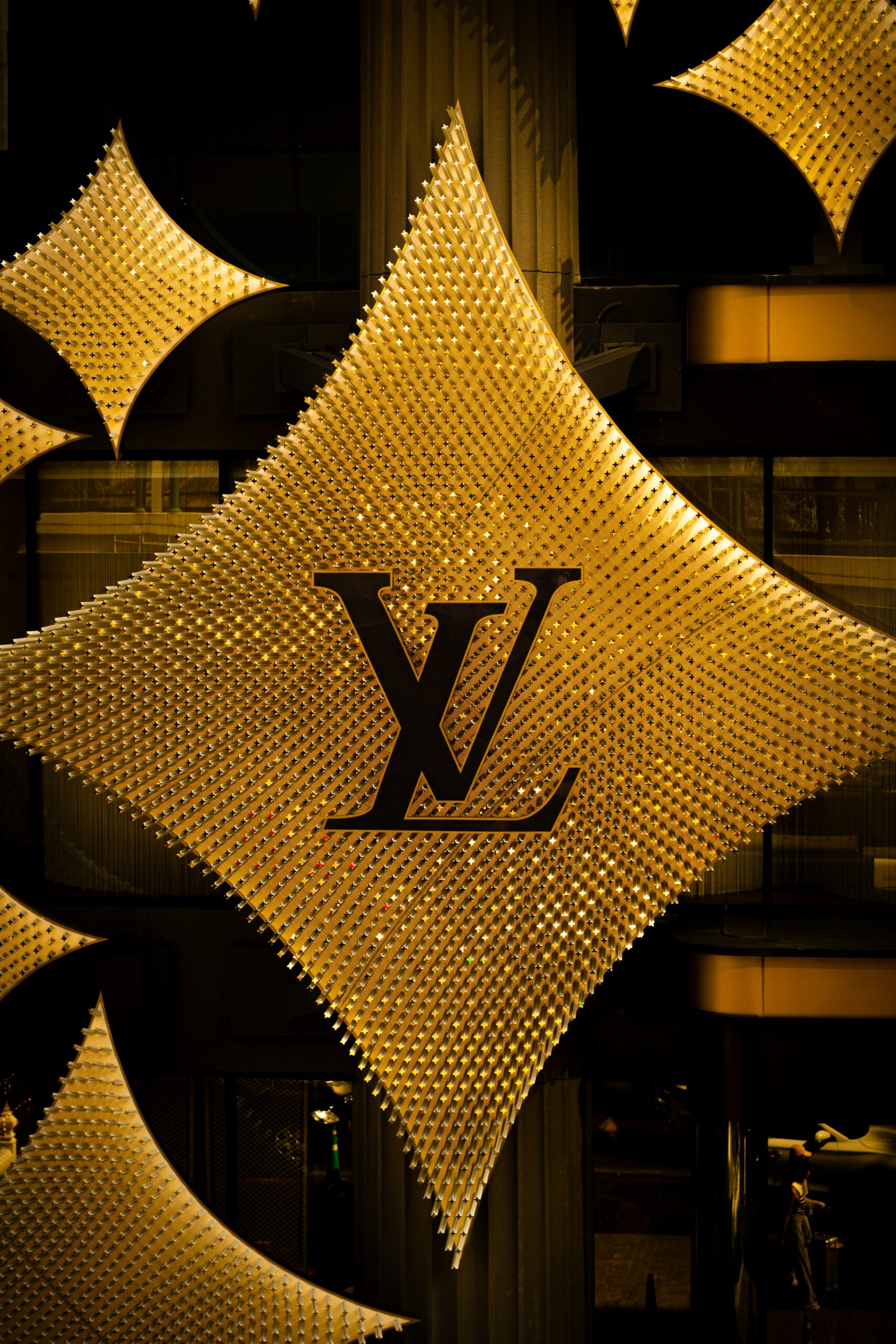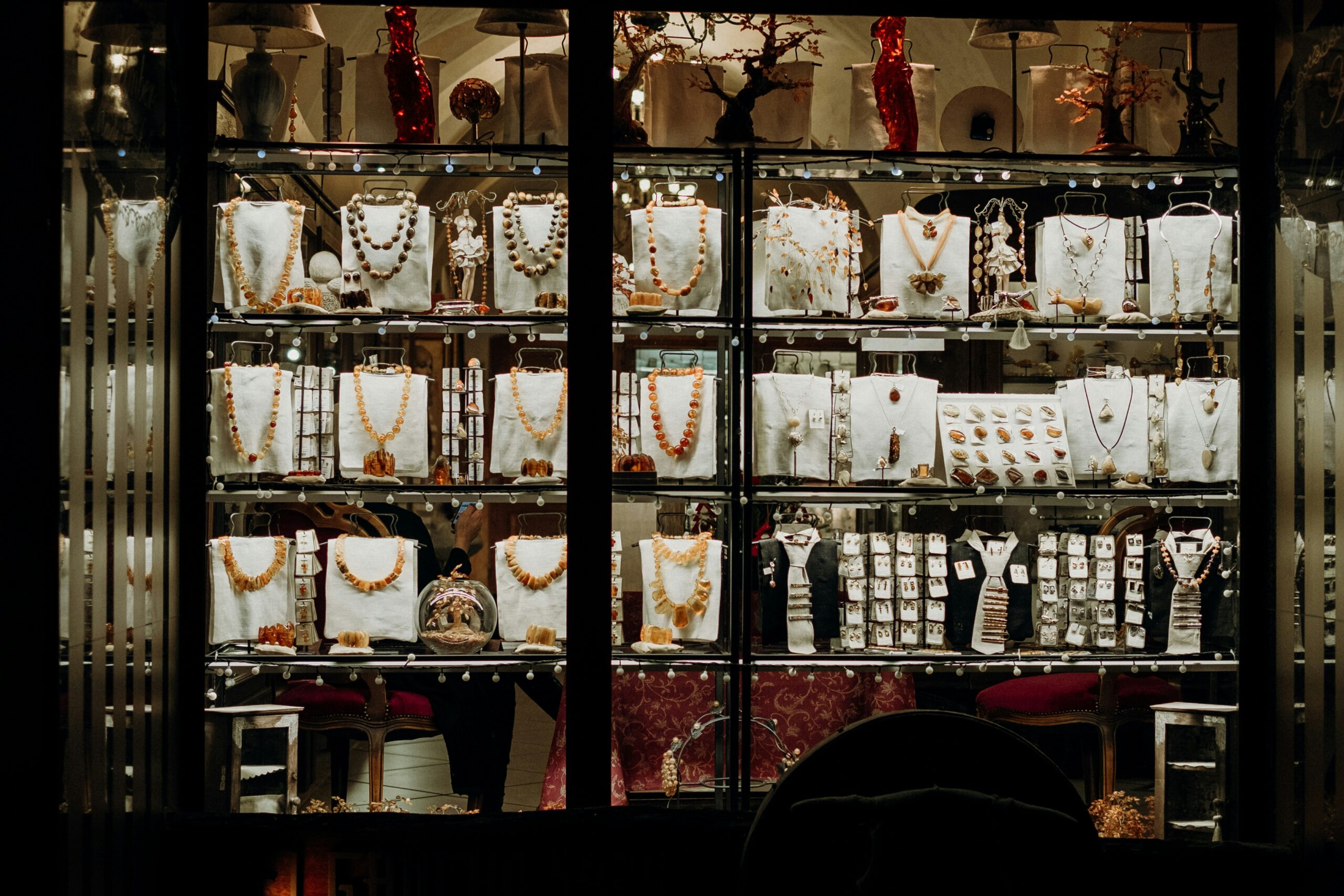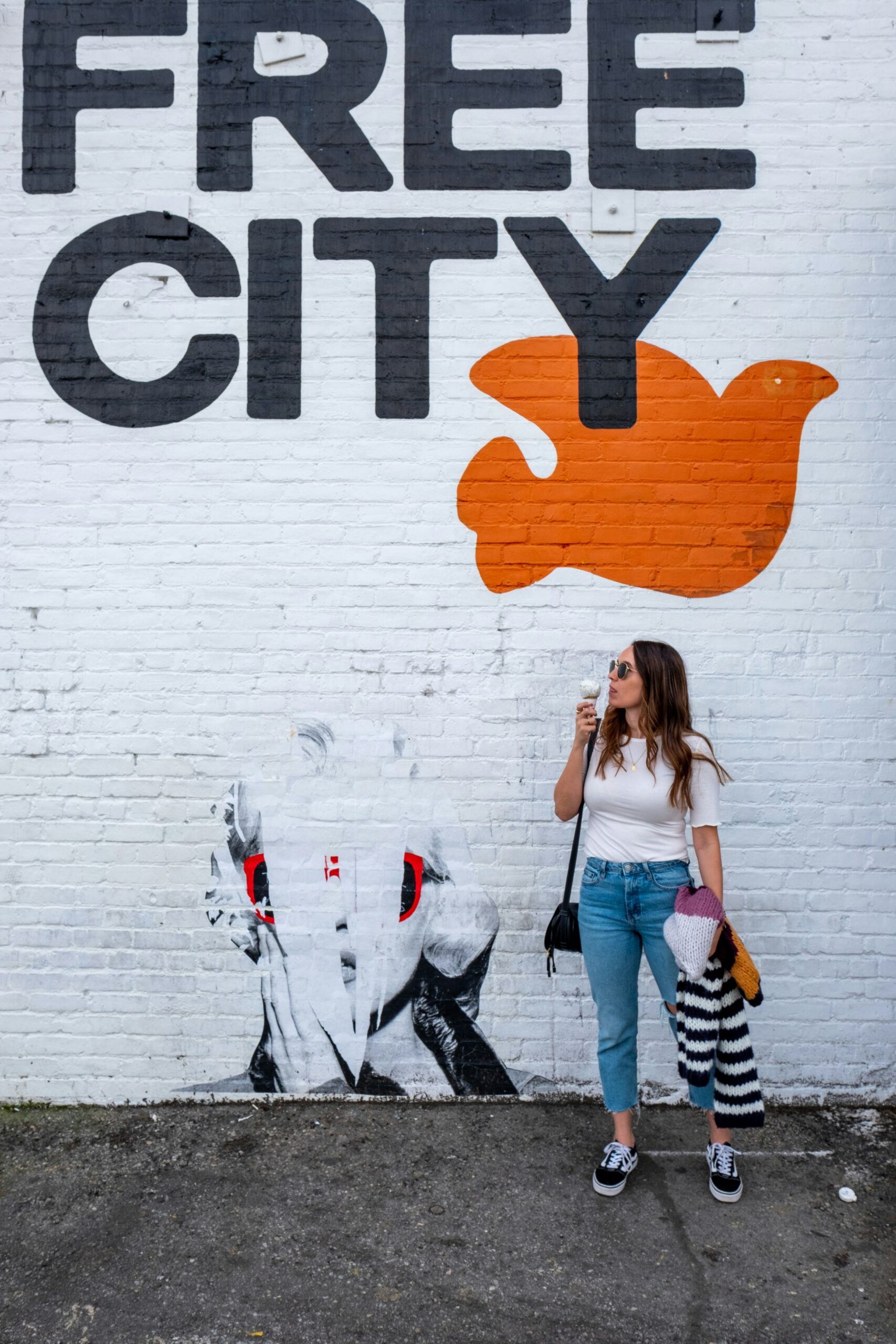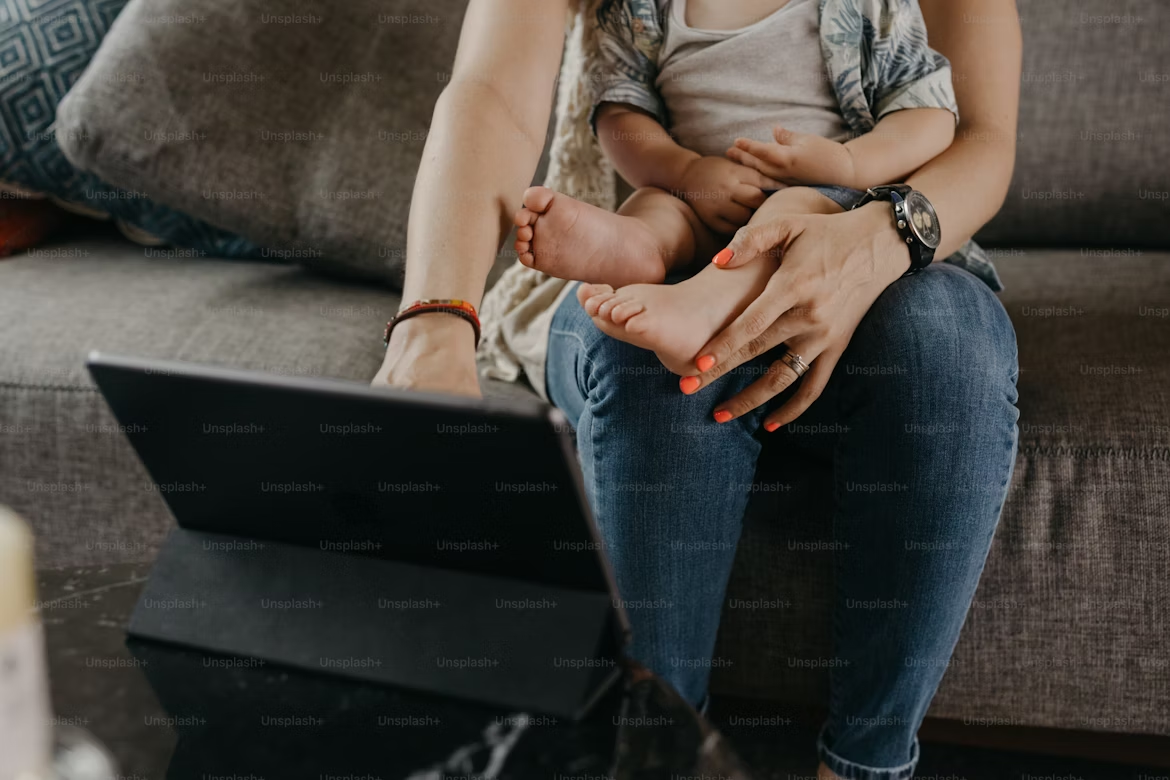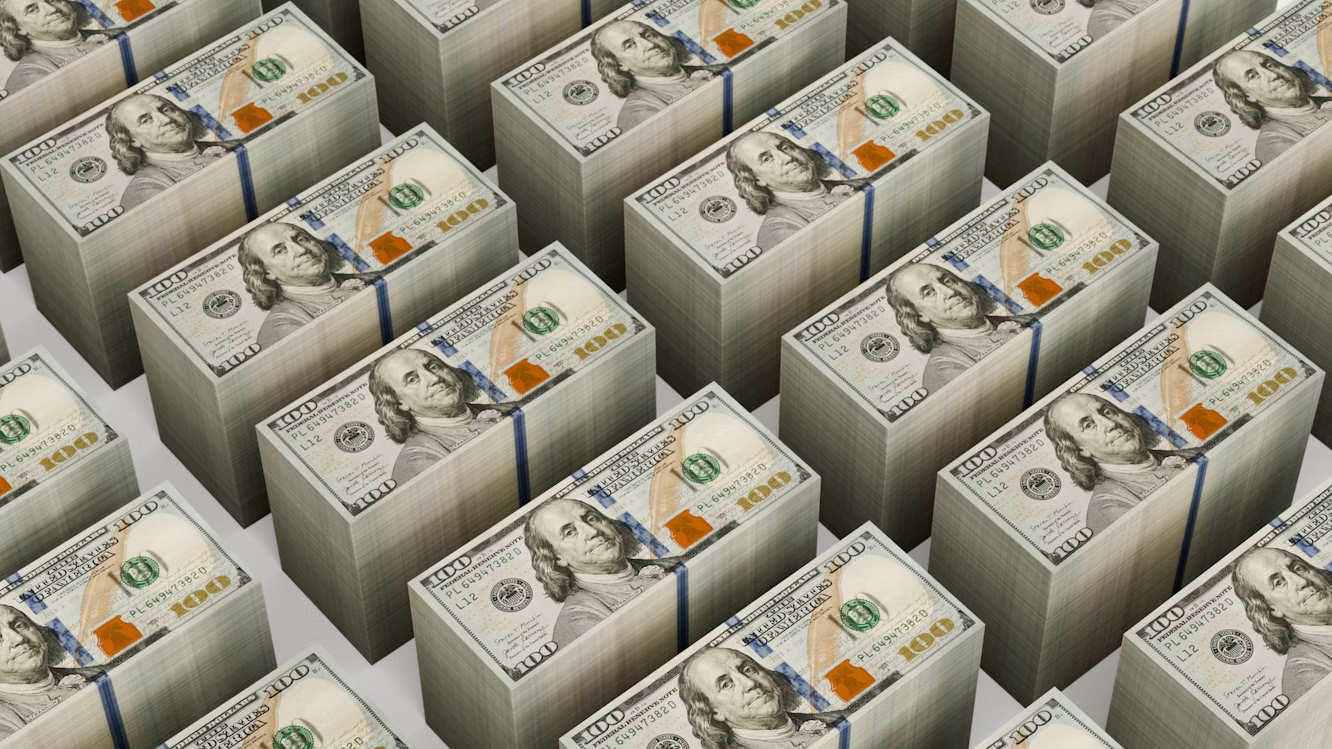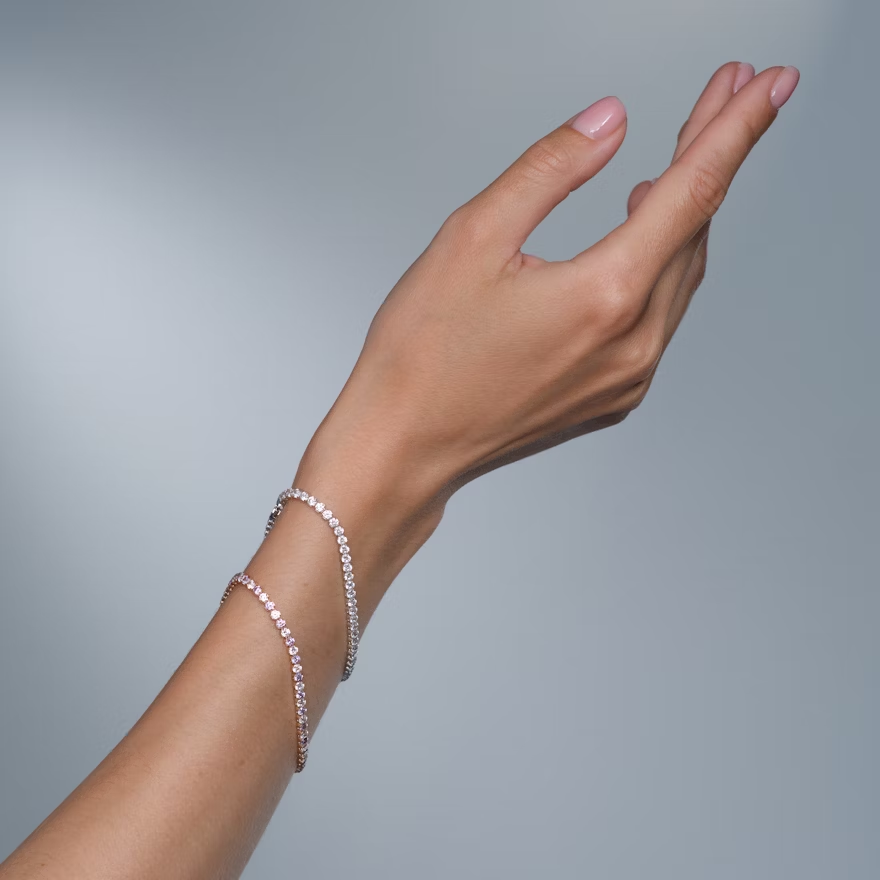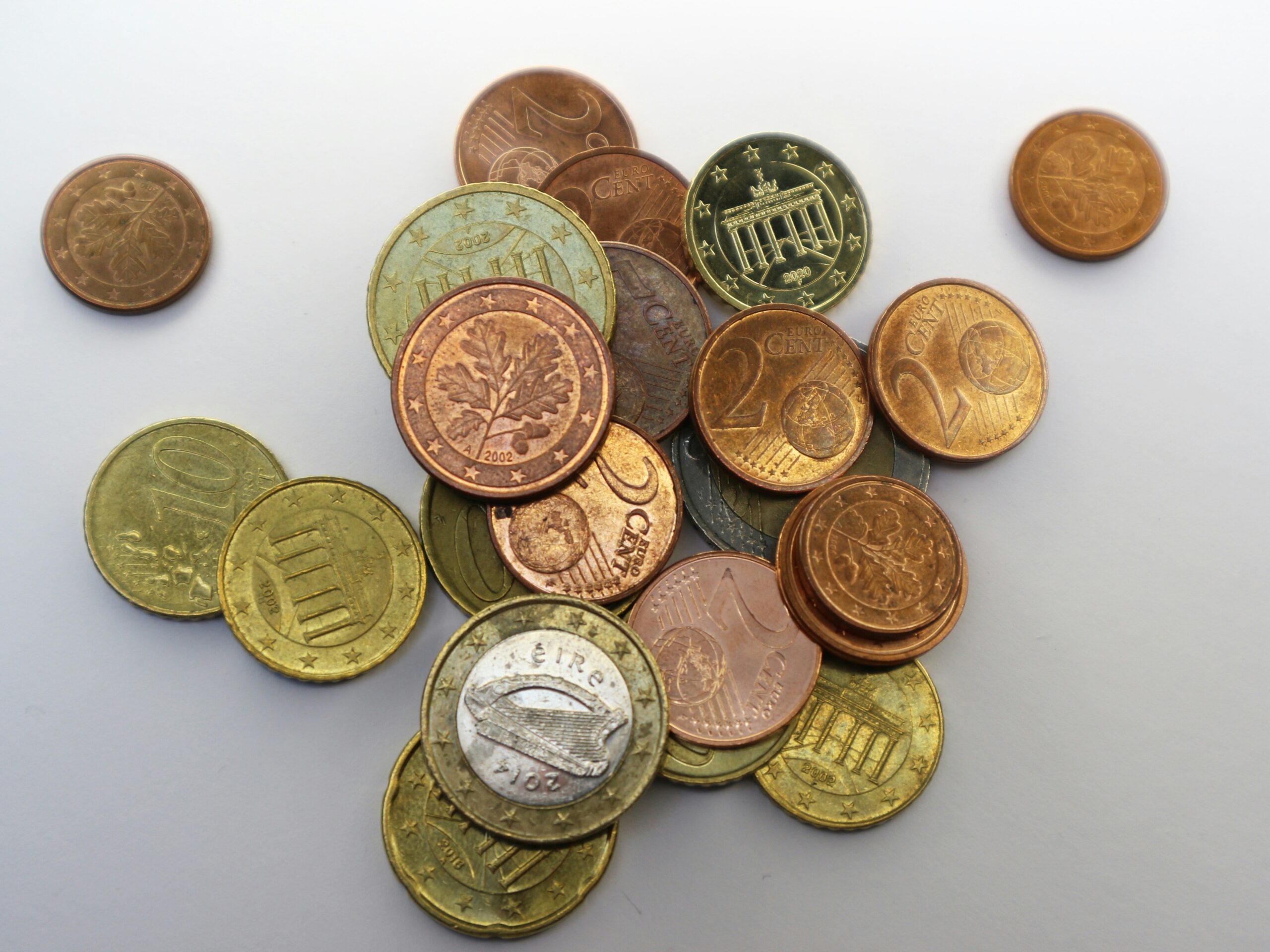Image credit: Unsplash
Cosette, an Australian retailer specializing in parallel imports of luxury goods, recently made waves in the retail sector. This fall, Cosette was exonerated from more than 1,000 consumer complaints who alleged receiving counterfeit designer handbags from the brand.
The Civil and Administrative Tribunal of New South Wales (CAT NSW) and its Appeal Board, as well as NSW Fair Trading, stood in favor of Cosette after extensive scrutiny. They concluded that there was no evidence to substantiate claims of counterfeit sales.
The allegations, centered on bags from brands like Gucci and Saint Laurent, came from third-party authentication services that deemed some of the retailer’s products fake. However, Cosette effectively countered these accusations and even challenged the reliability and evidentiary value of the authentications provided by these external entities.
Origins of the Dispute
The controversy erupted last year when consumers, relying on certifications from online authentication services, claimed that Cosette sold them “superfake” handbags.
In response, NSW Fair Trading launched a year-long investigation into the accusations. The regulator collaborated directly with luxury brands to assess the disputed items, concluding that Cosette’s offerings were authentic.
Cosette defended its position as a parallel importer, emphasizing that its sourcing methods involve purchasing goods through intermediaries and occasionally directly from brands in unofficial capacities. The brand even argued that third-party authentication services often disclaim legal reliability in their terms and cannot be considered credible authorities for determining authenticity.
Authentication Under the Microscope
Although the luxury resale market has grown beyond $40 billion, the question remains: Who can authenticate high-end goods?
Many luxury brands, including Chanel, have consistently maintained that only their company has the authority to certify the authenticity of their products. This further casts doubt on third-party entities’ qualifications.
This debate took center stage in Cosette’s legal battles. For instance, in Cosette v. Ho, the Appeal Panel dismissed evidence provided by plaintiff Yi Feng Percival Ho. The evidence included certificates from online authenticators LegitGrails and Luxury Authentication Australia (LAA).
The panel cited disclaimers in the authenticators’ terms: “We work independently from luxury brands, and our authentication services are opinions from our experts. Such opinions should not be treated as legal documentation in any way.”
The panel concluded that these disclaimers rendered the certificates unreliable as legal evidence.
Furthermore, these certificates’ lack of specific authorship, credentials, or detailed reasoning further undermined their validity.
Role of Artificial Intelligence in Product Authentication
Another significant dimension of the case was using artificial intelligence (AI) in third-party authentication. In Yang v. Cosette, the Administrative Tribunal expressed skepticism about the reliability of AI-driven reports from authenticators like Entrupy. It noted that opinions based on algorithms lacked the specialized knowledge required for admissible expert evidence in legal proceedings.
The Tribunal’s reasoning resonated in Cosette v. Pennisi, which criticized the plaintiff’s reliance on AI-authenticated certificates. The panel dismissed the reports’ evidentiary weight due to the need for more transparency regarding the methodology, authorship, and qualifications of the entities producing them.
Insights from NSW Fair Trading
NSW Fair Trading’s findings have further reinforced the Tribunal’s stance. The agency confirmed that the luxury brands authenticated Cosette’s handbags, proving online authenticators wrong. It also highlighted the limitations of AI-based authentication, warning consumers about potential inaccuracies.
Statement from the Regulator
“Each item was tested and verified as authentic by the brand,” the regulator noted, confirming that “in some instances, the luxury brand confirmed the authenticity of handbags that multiple online authenticators had advised customers were fake.”
Broader Implications for Luxury Retail
Cosette’s legal victory has a broader impact on the luxury industry, particularly in authentication practices. The case reflects the importance of verifiable expertise and direct brand involvement in authentication.
It also highlights the risks consumers face when relying on third-party services that disclaim responsibility for the accuracy of their determinations.
Cosette sought direct validation from luxury brands for challenging the credibility of third-party authentication services. This case has highlighted the importance of rigorous and transparent authentication standards. The outcome vindicates the retailer and raises critical questions about the future of luxury brand authentication in this digital era when technology dominates every market.
